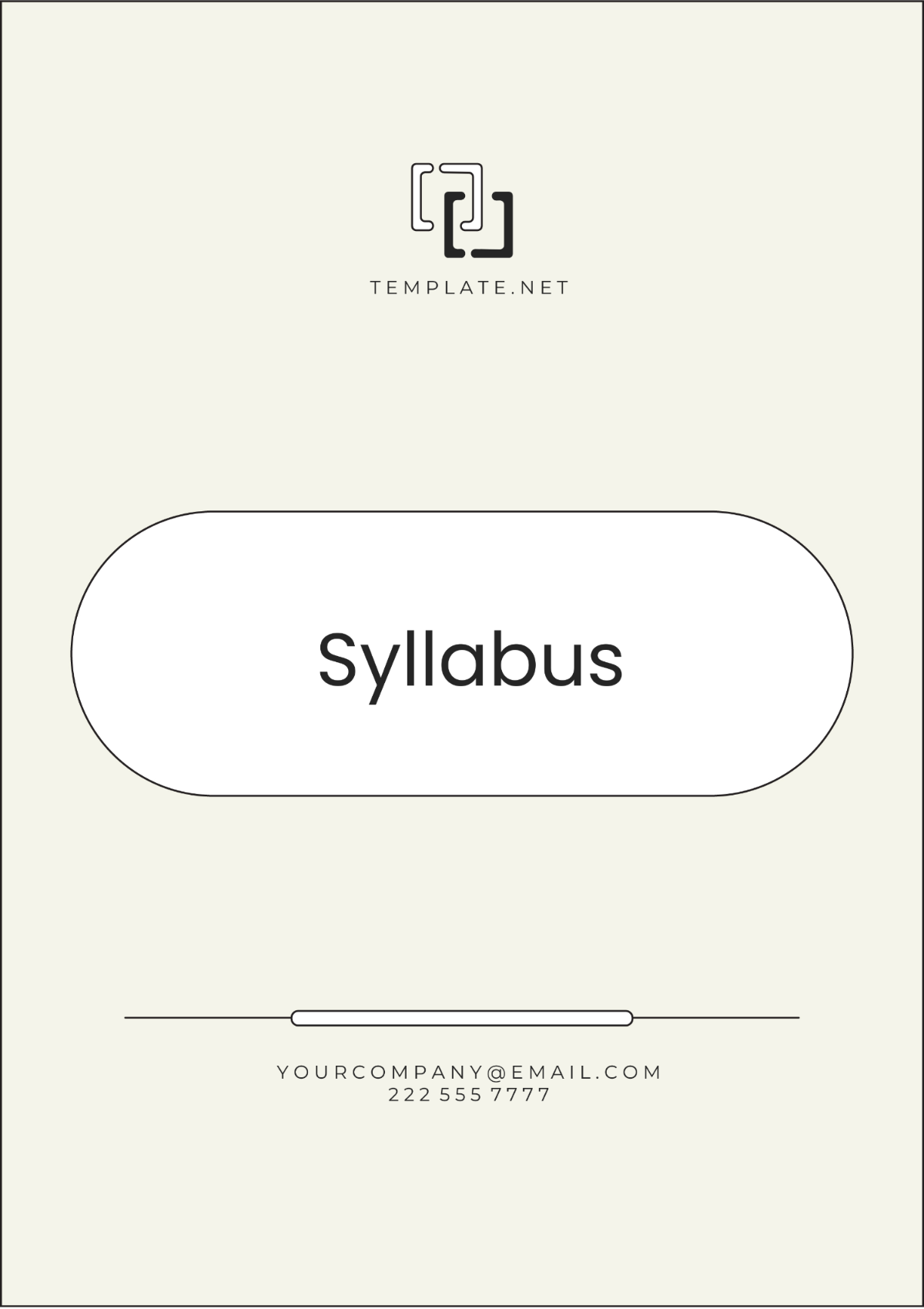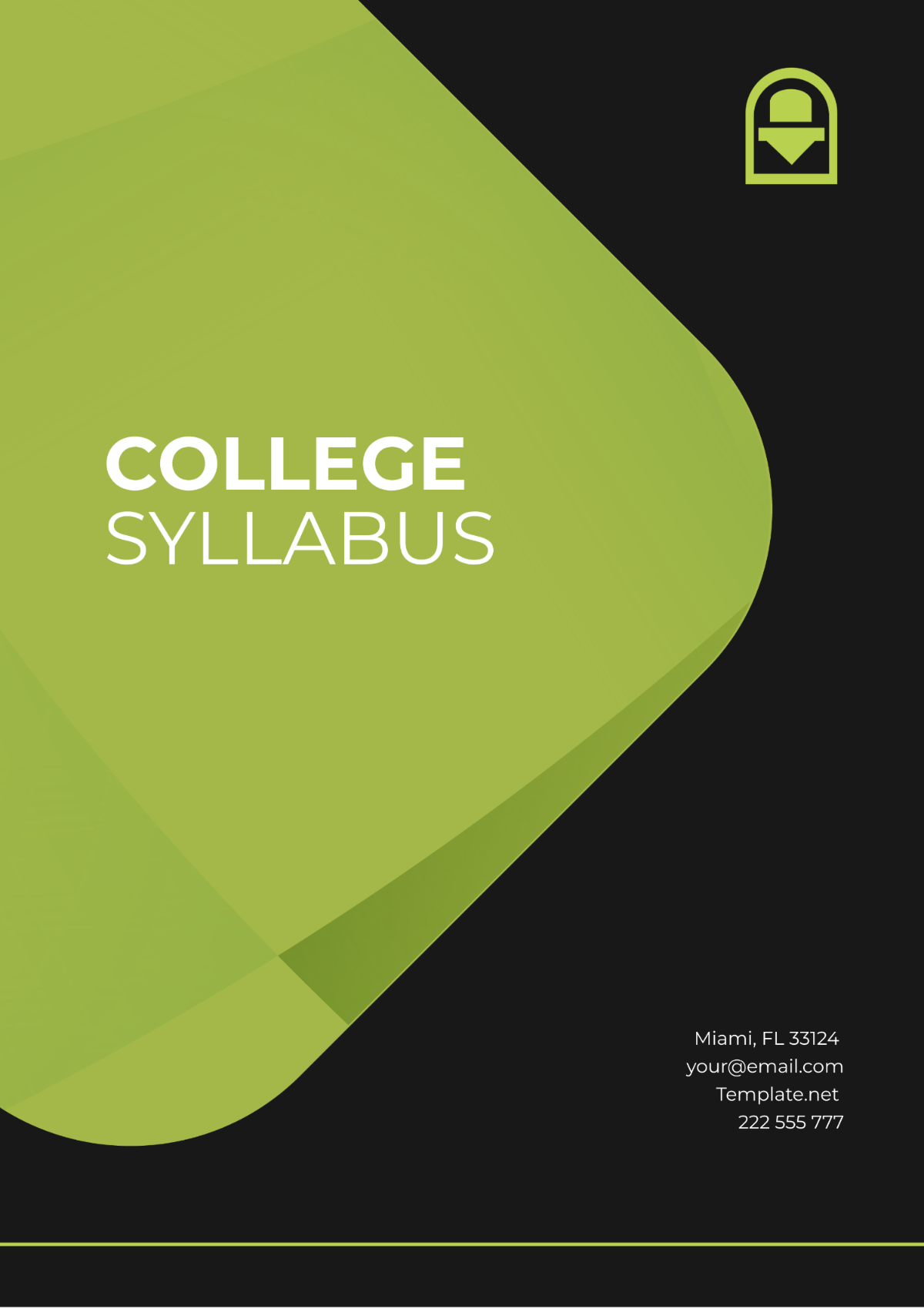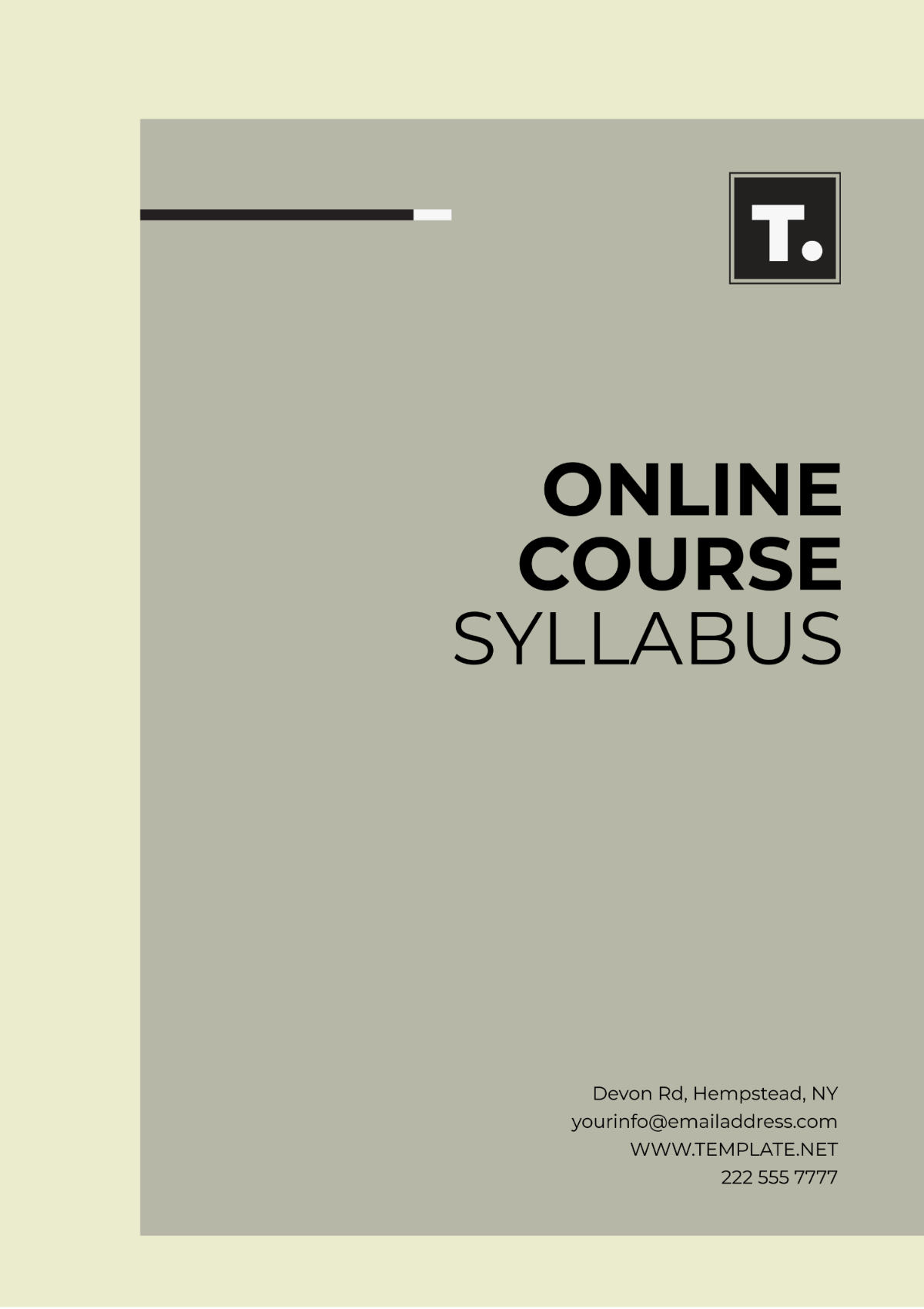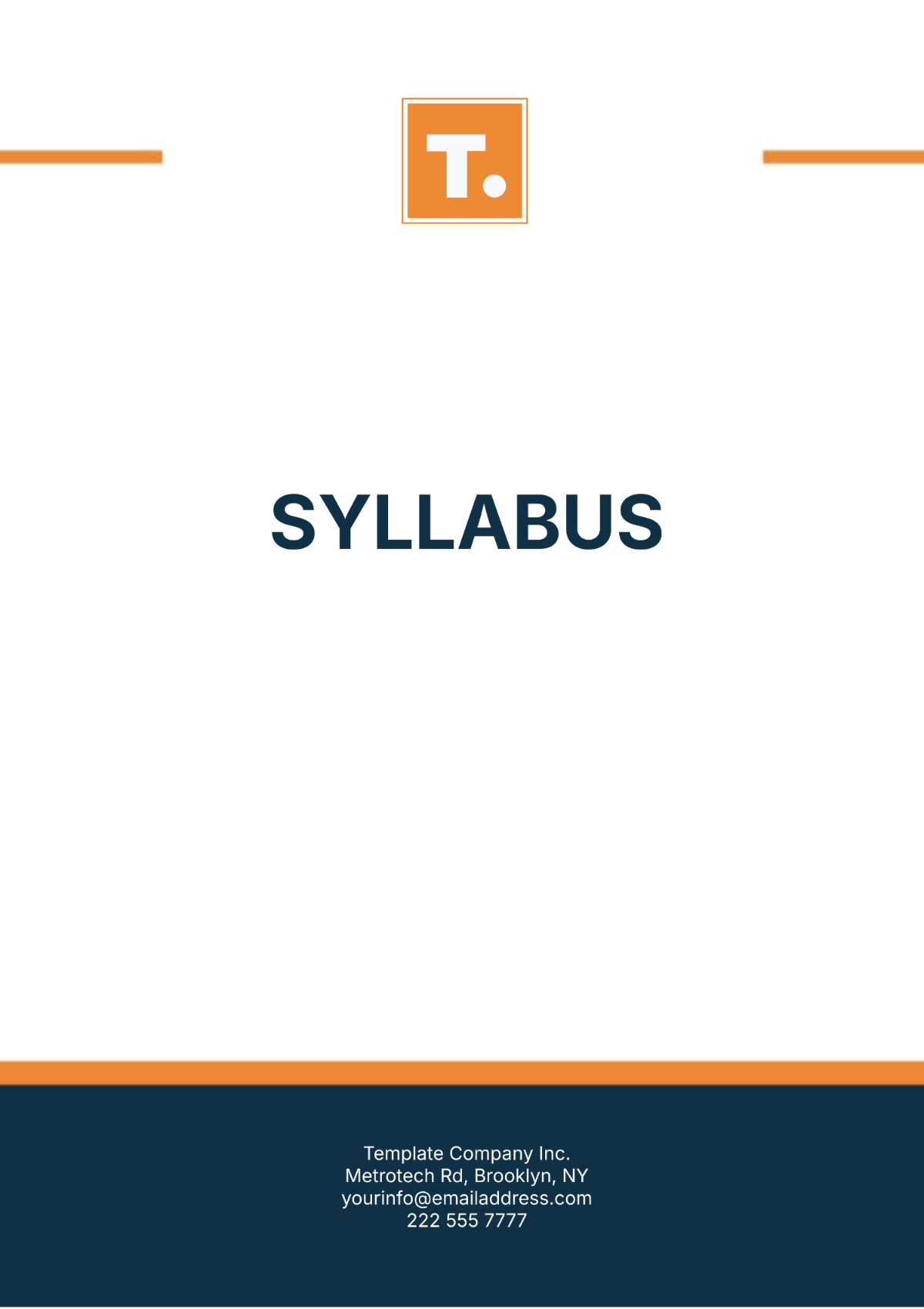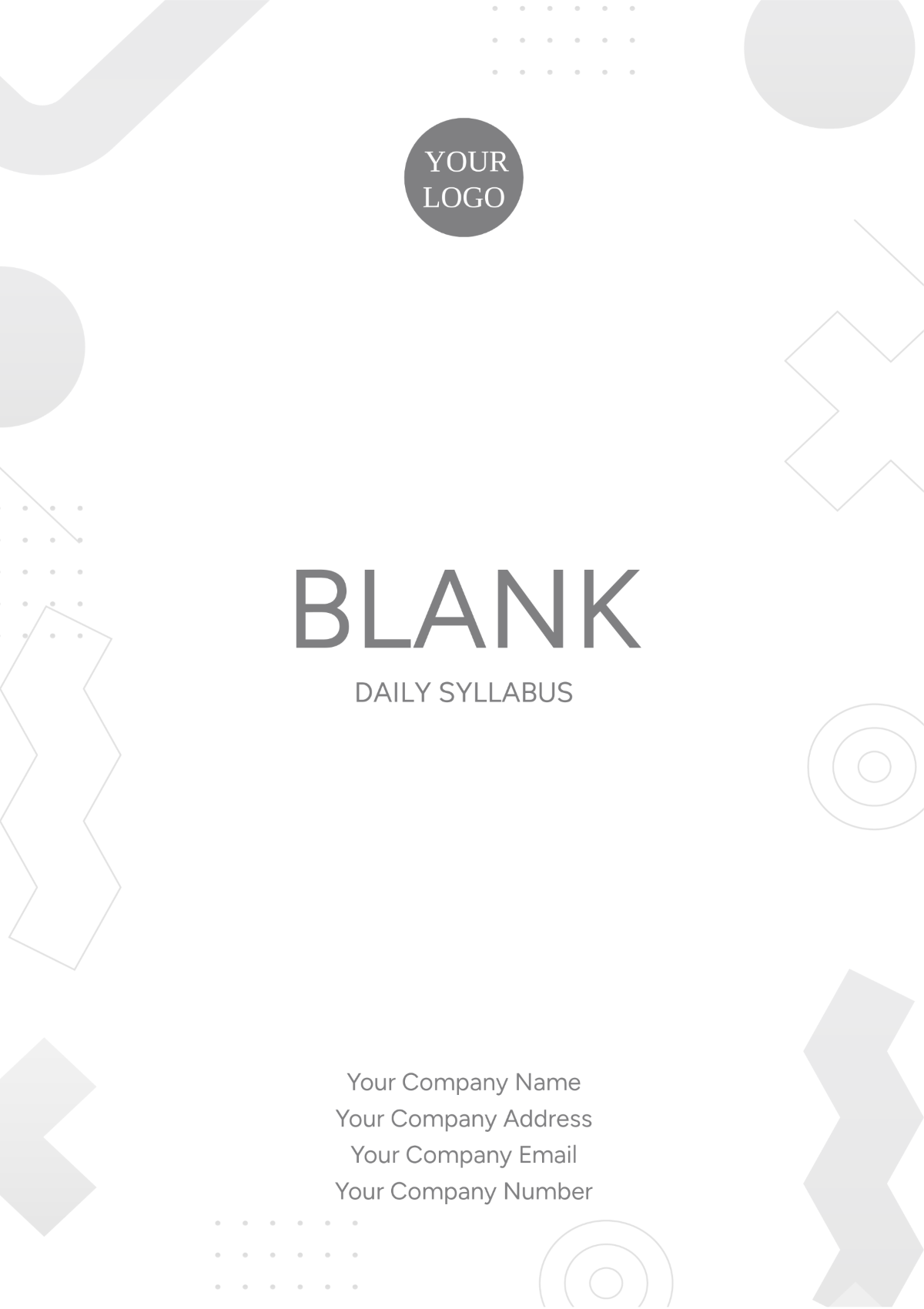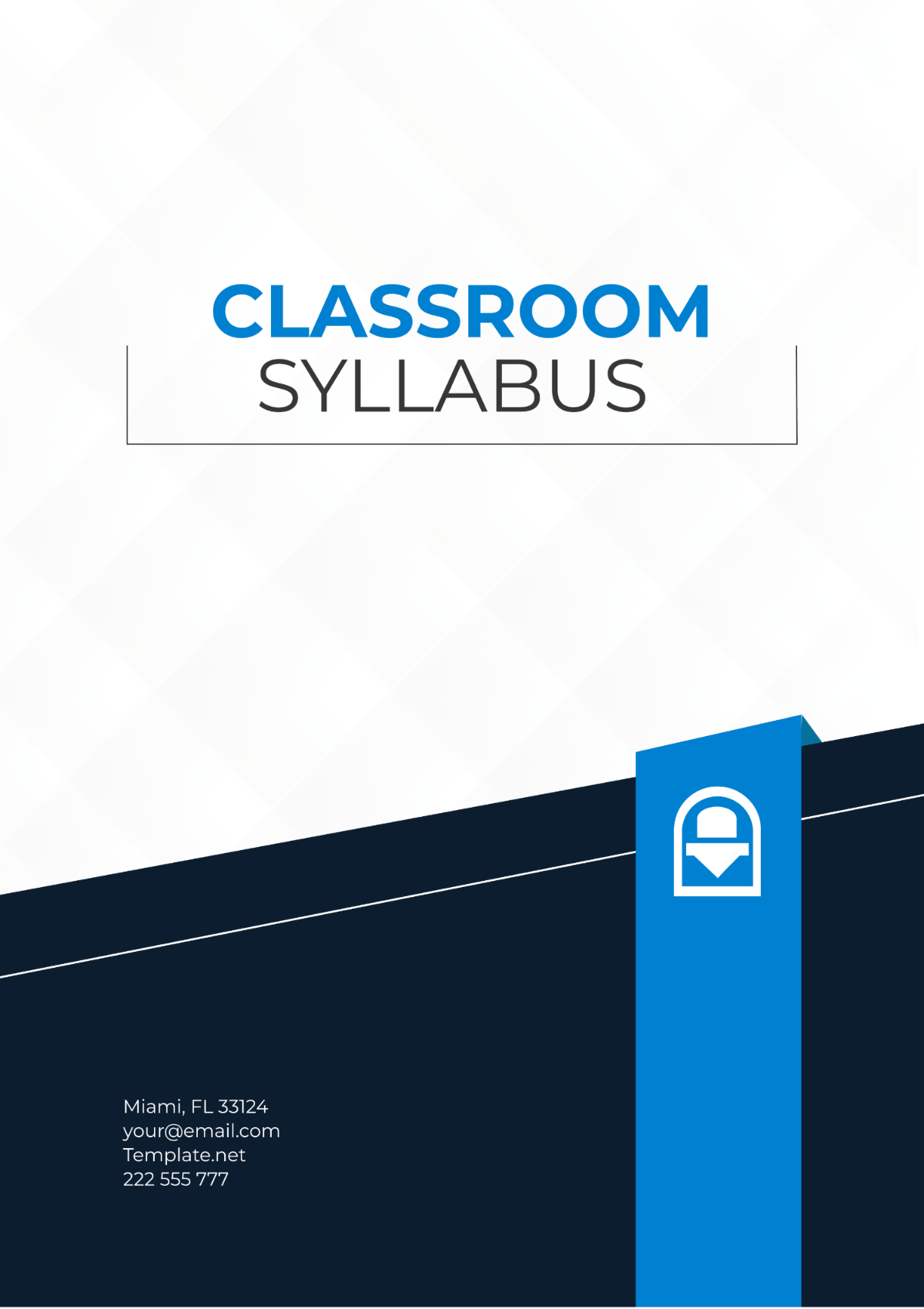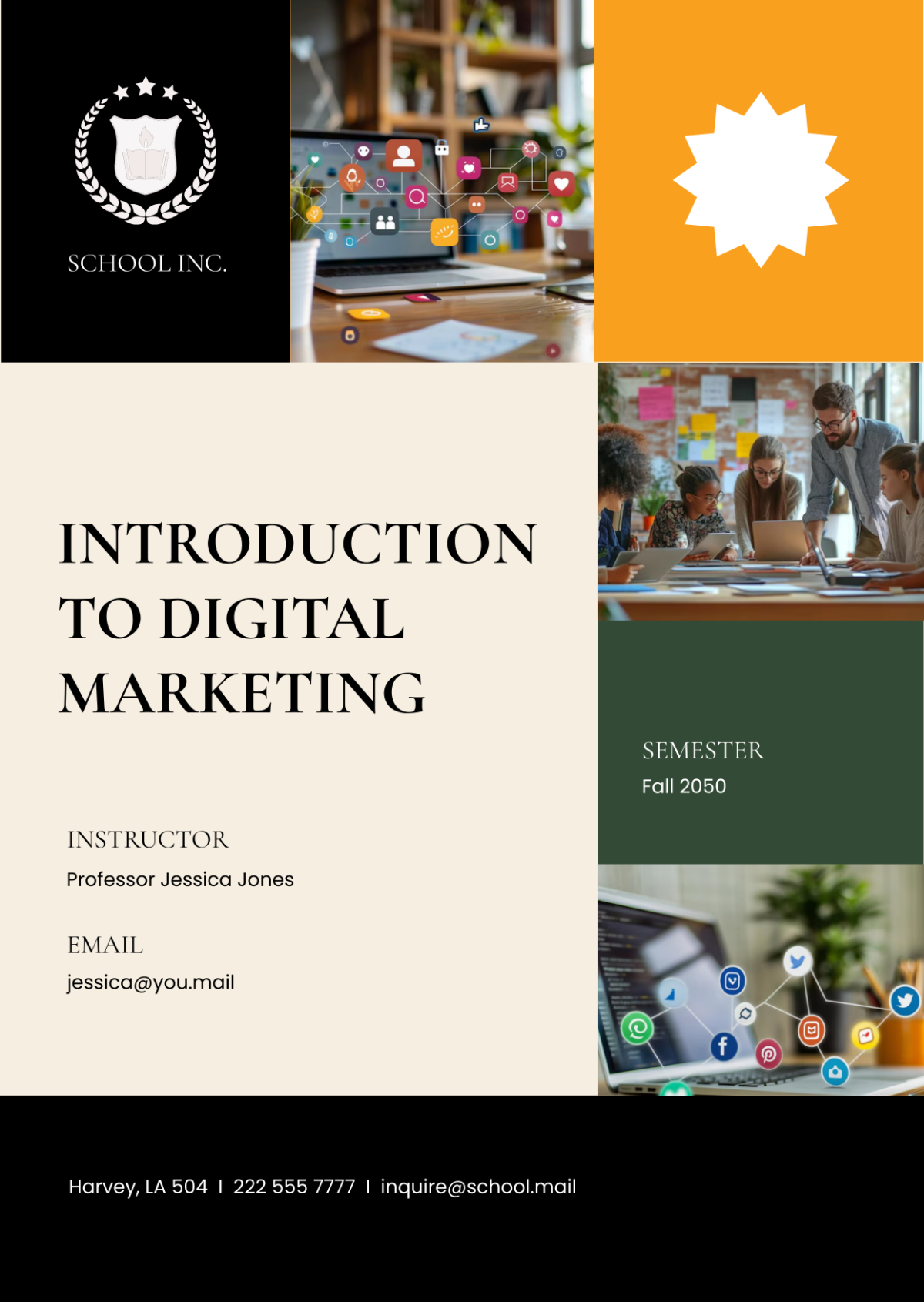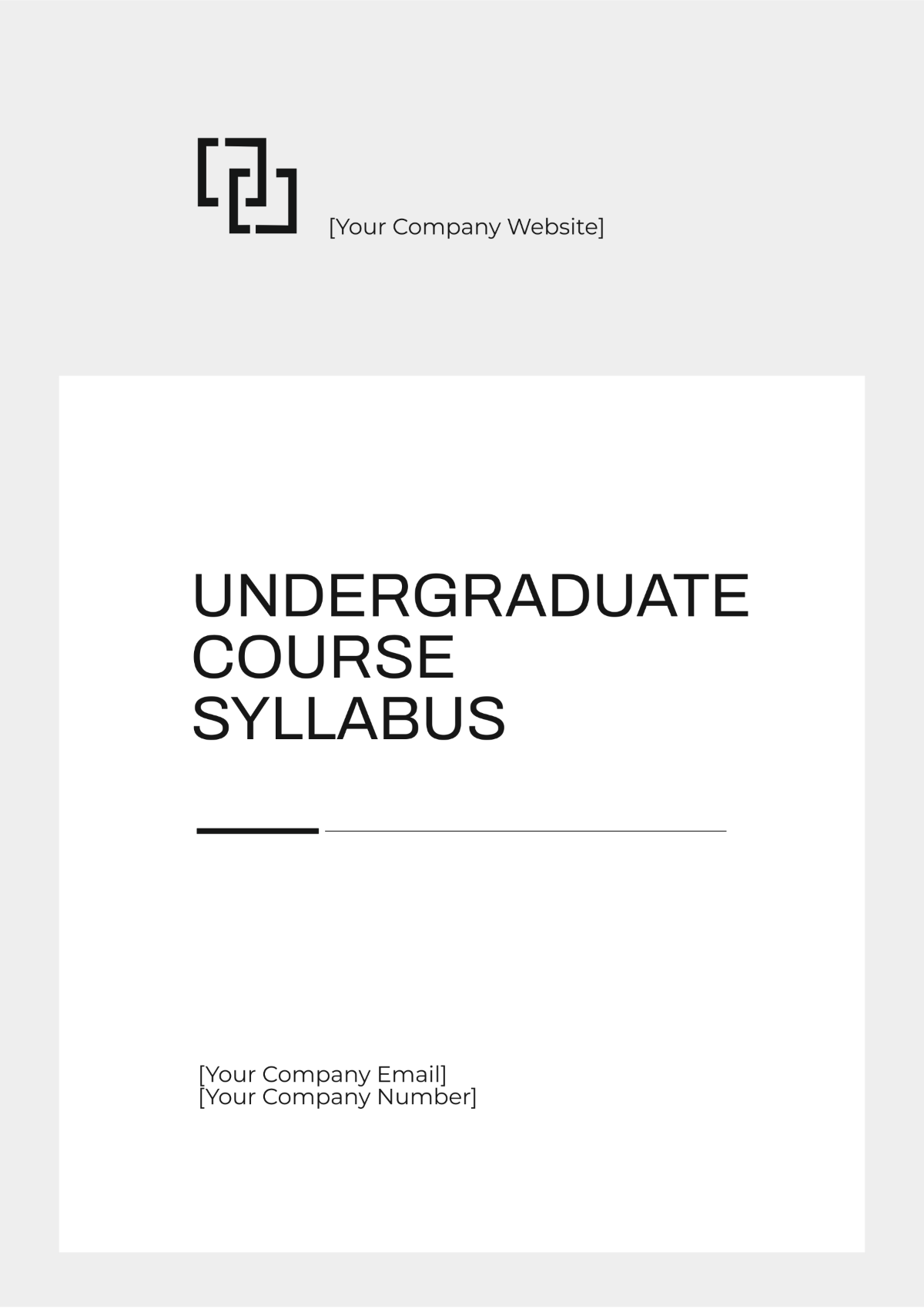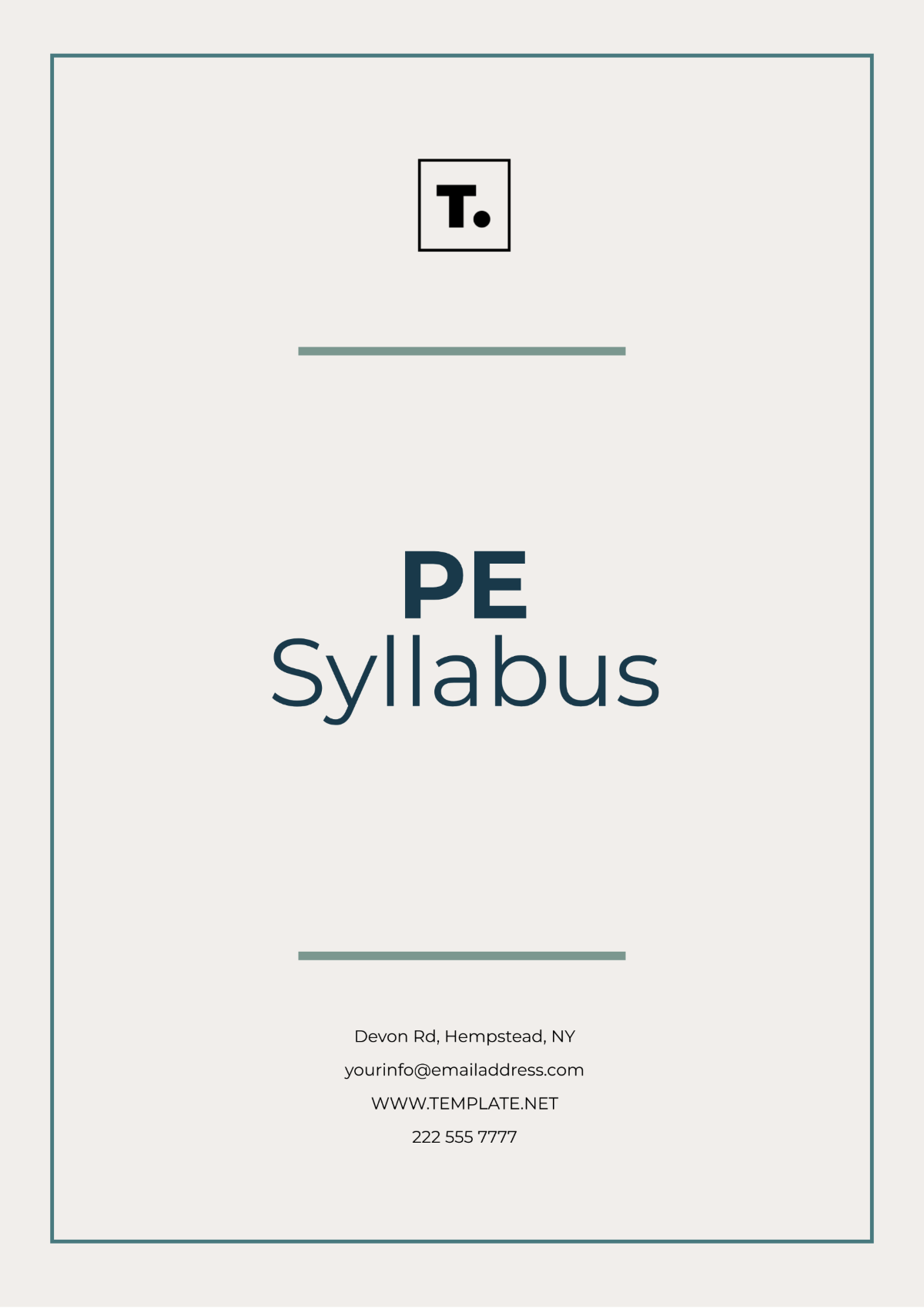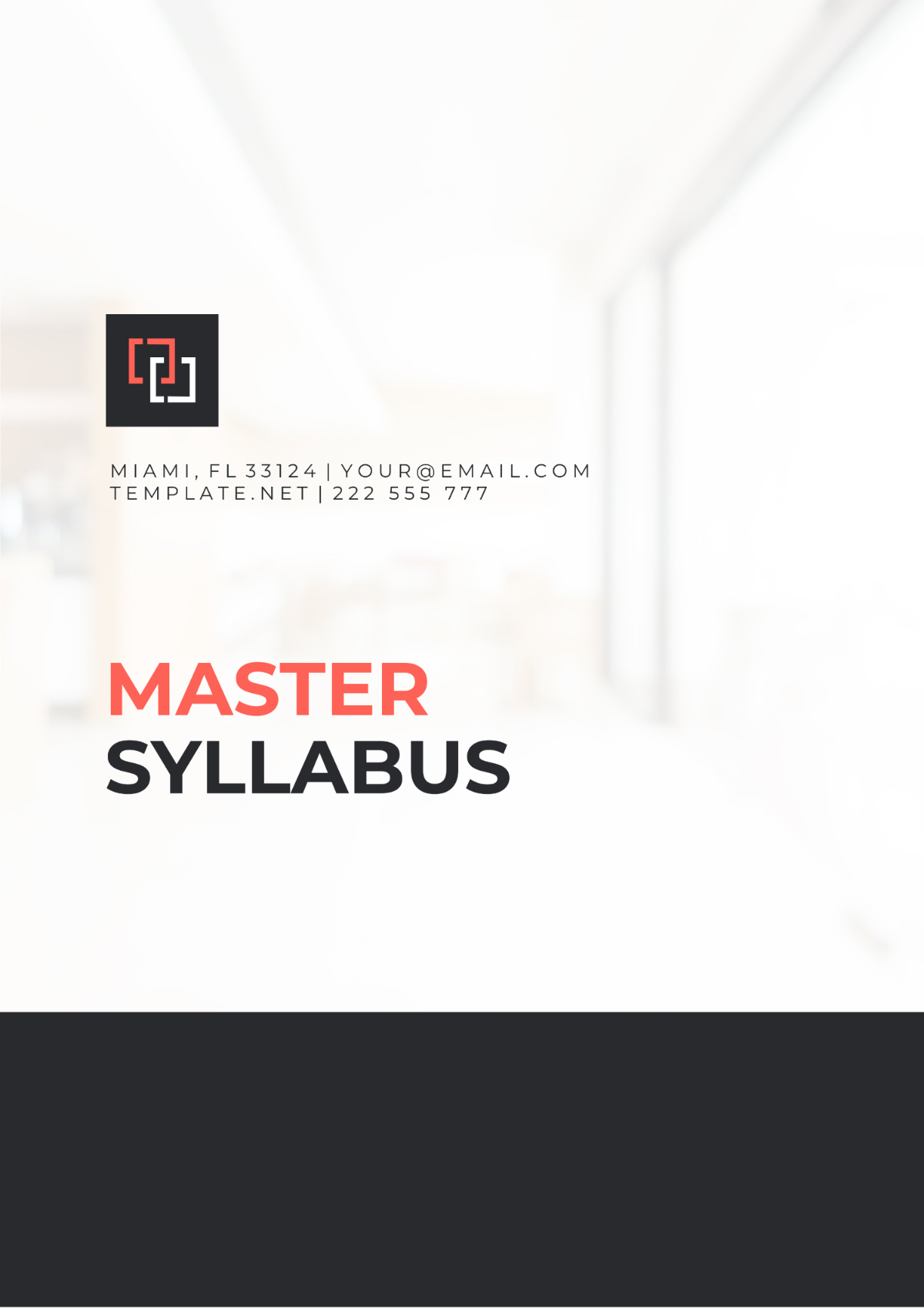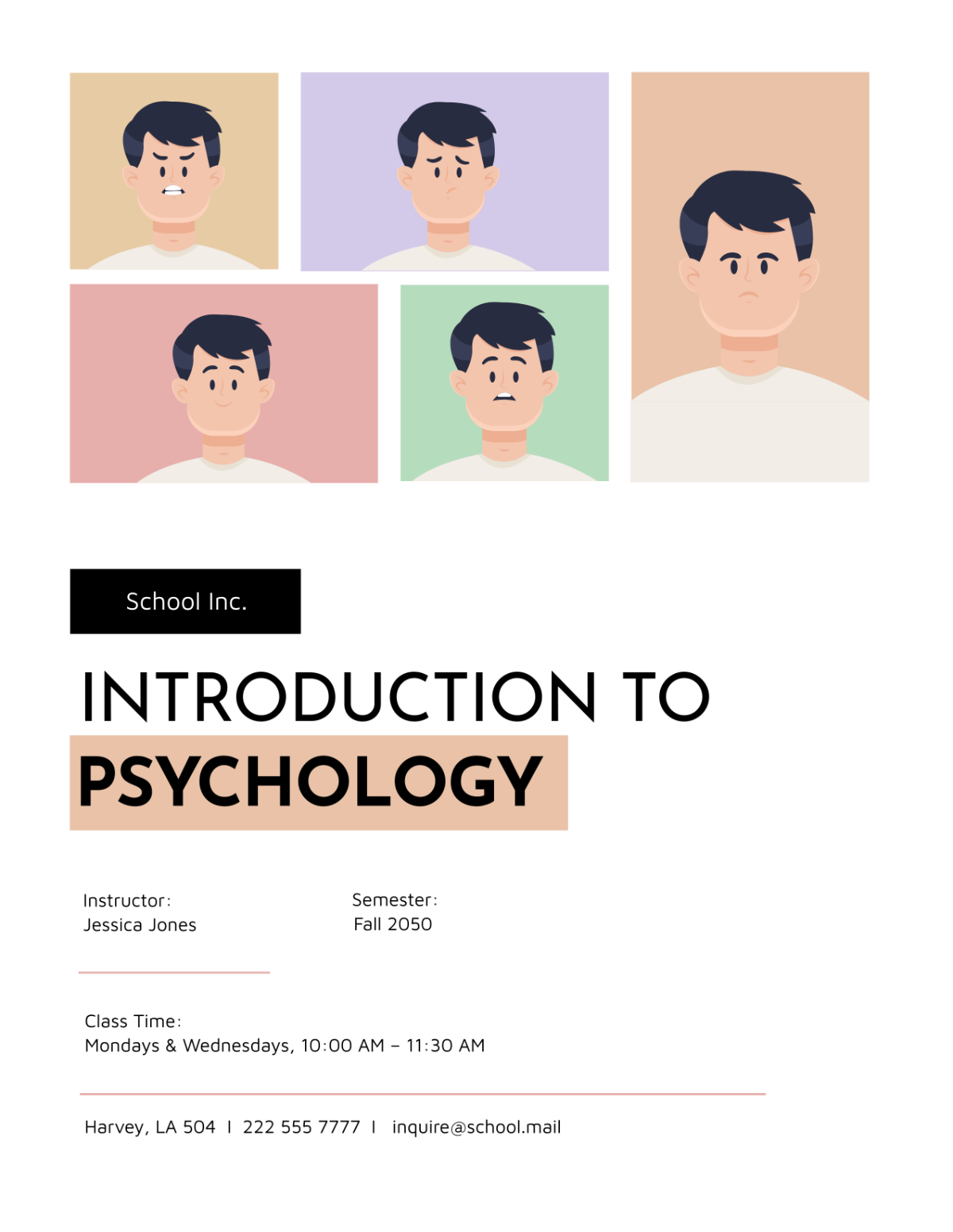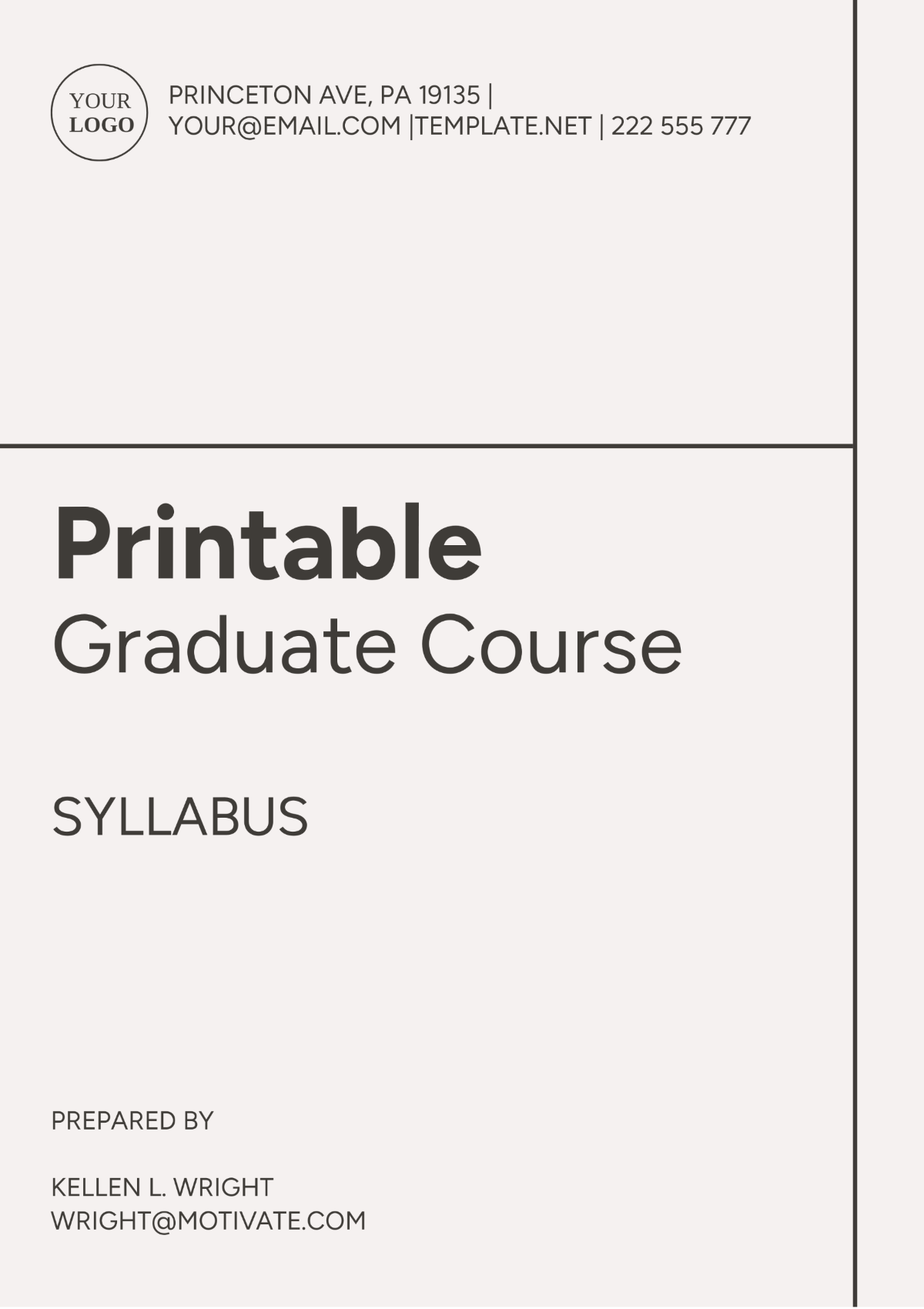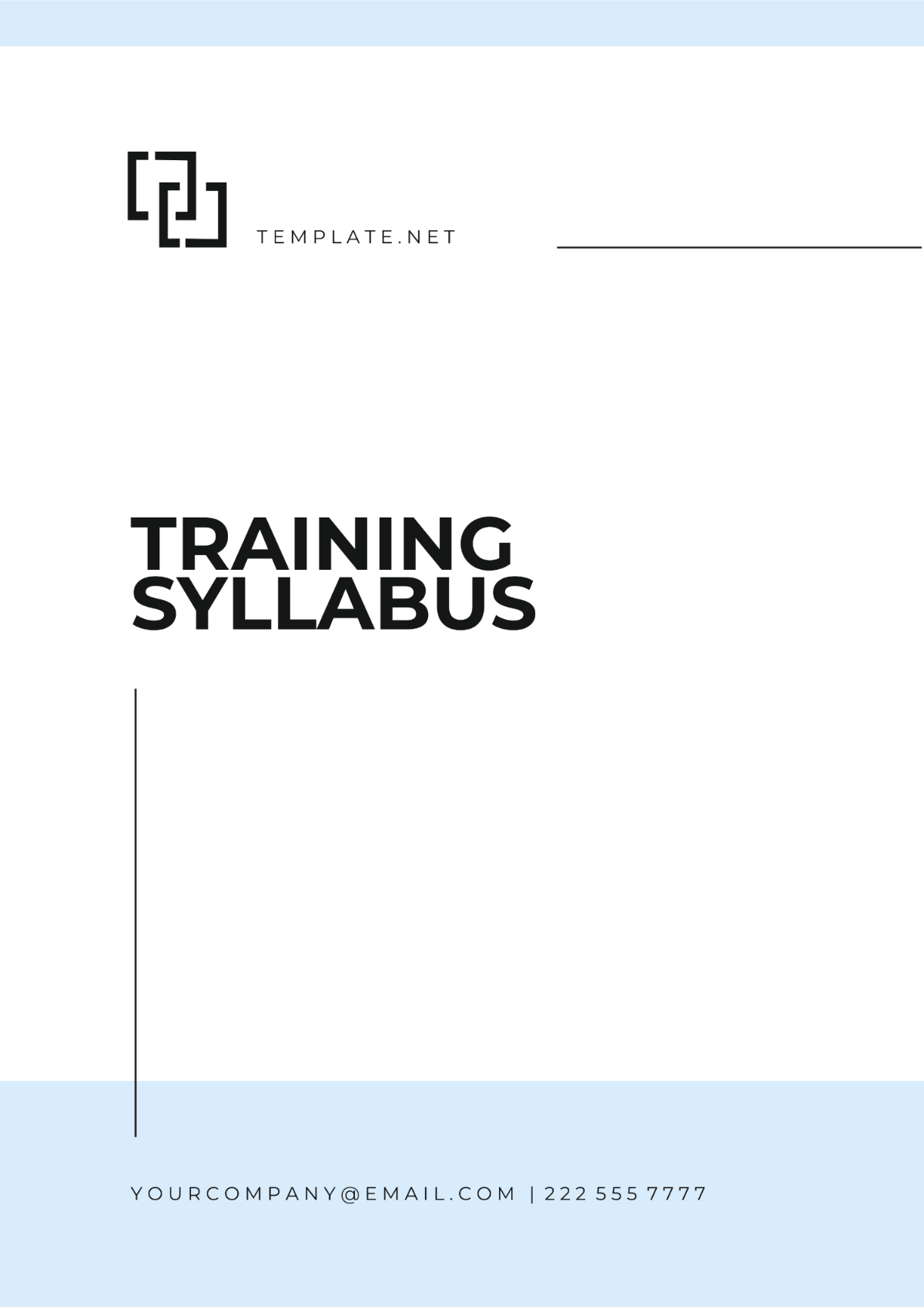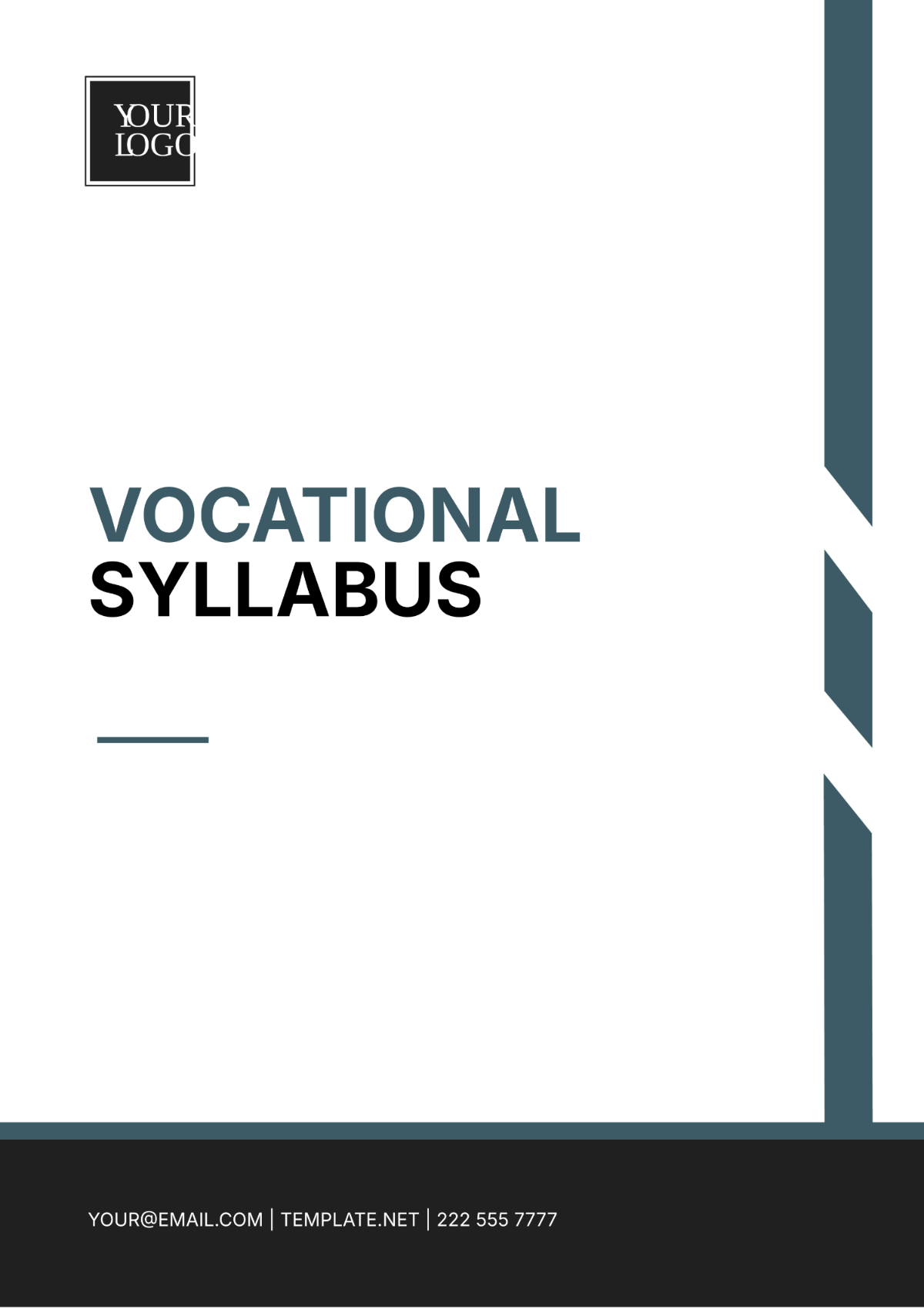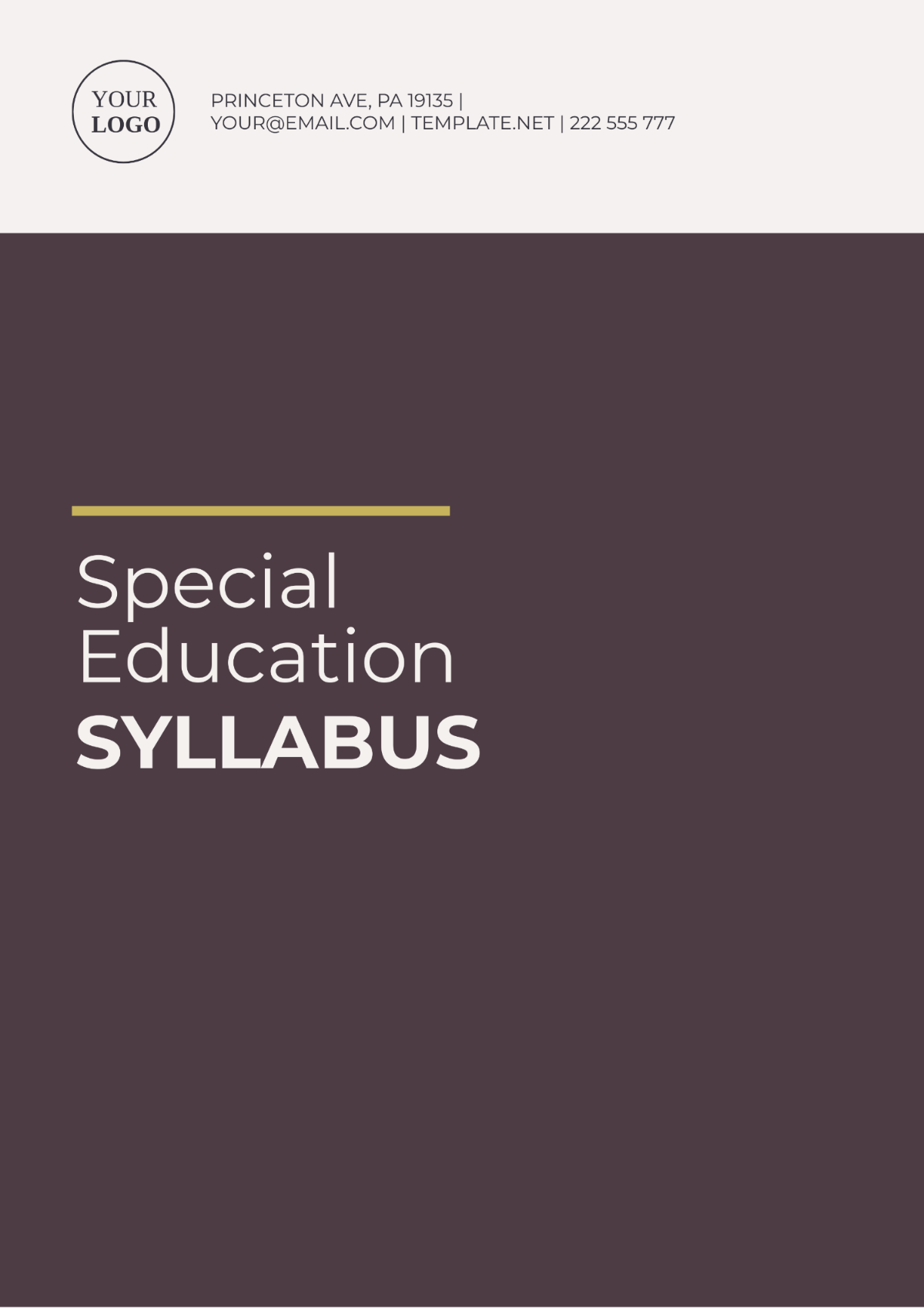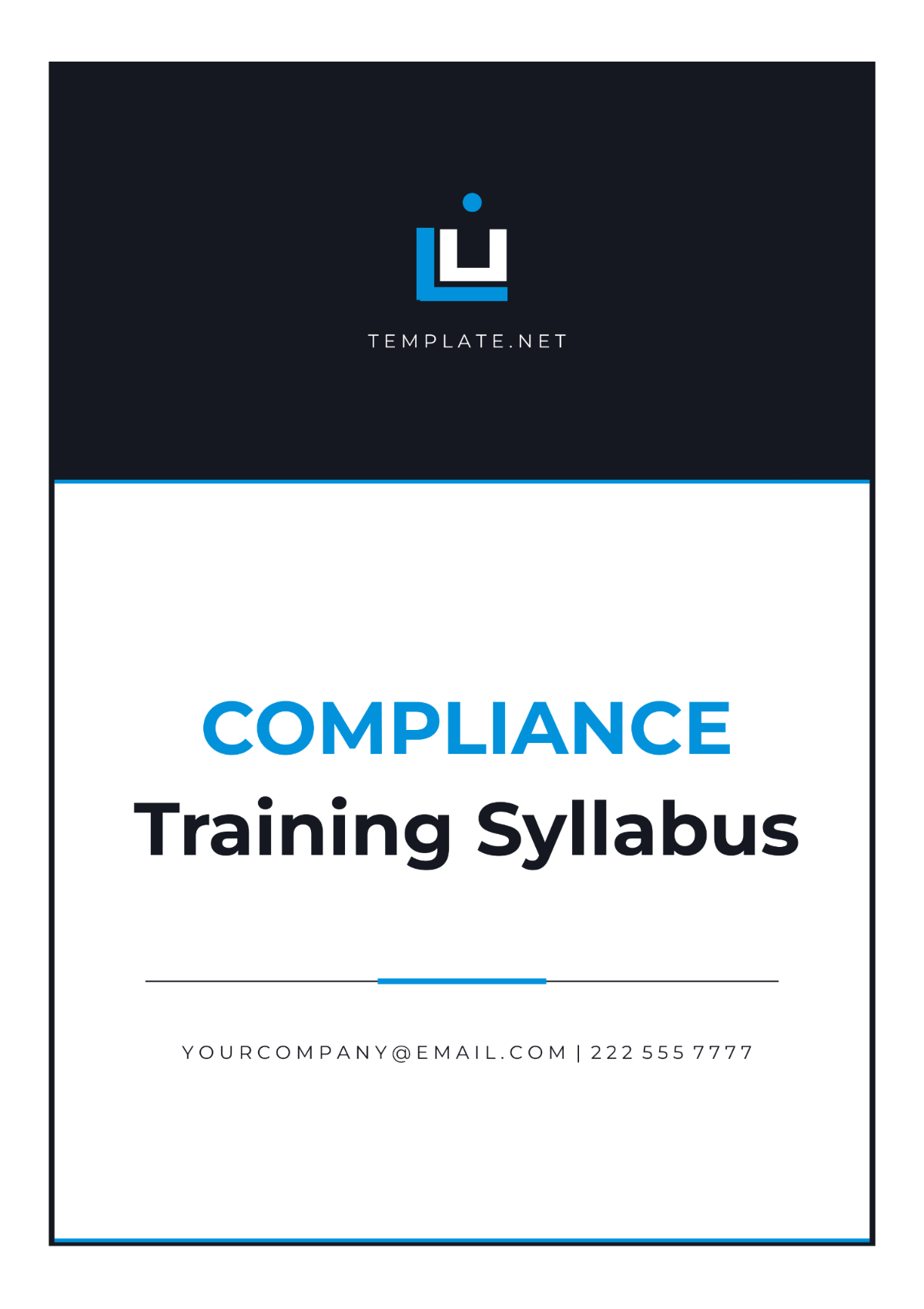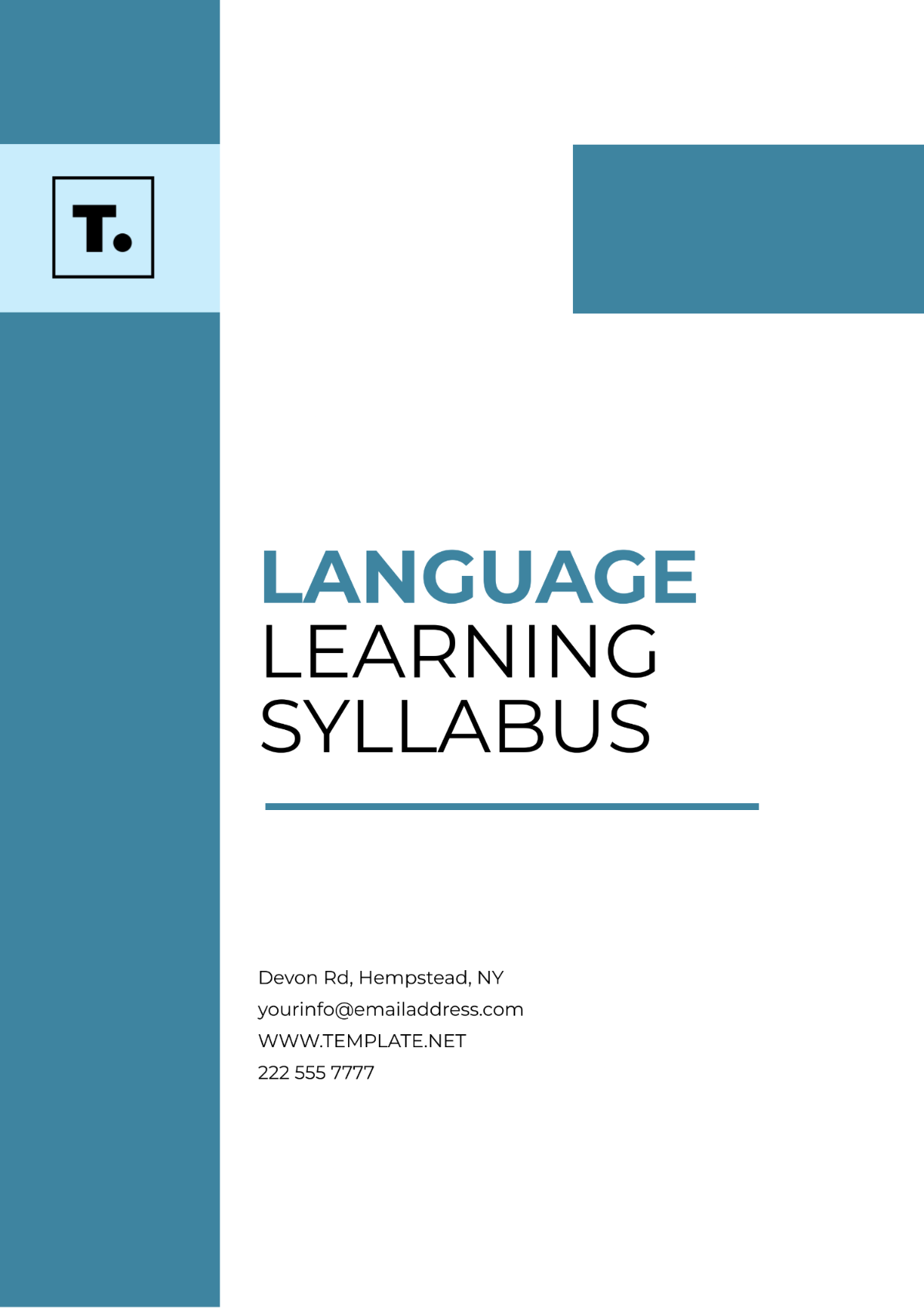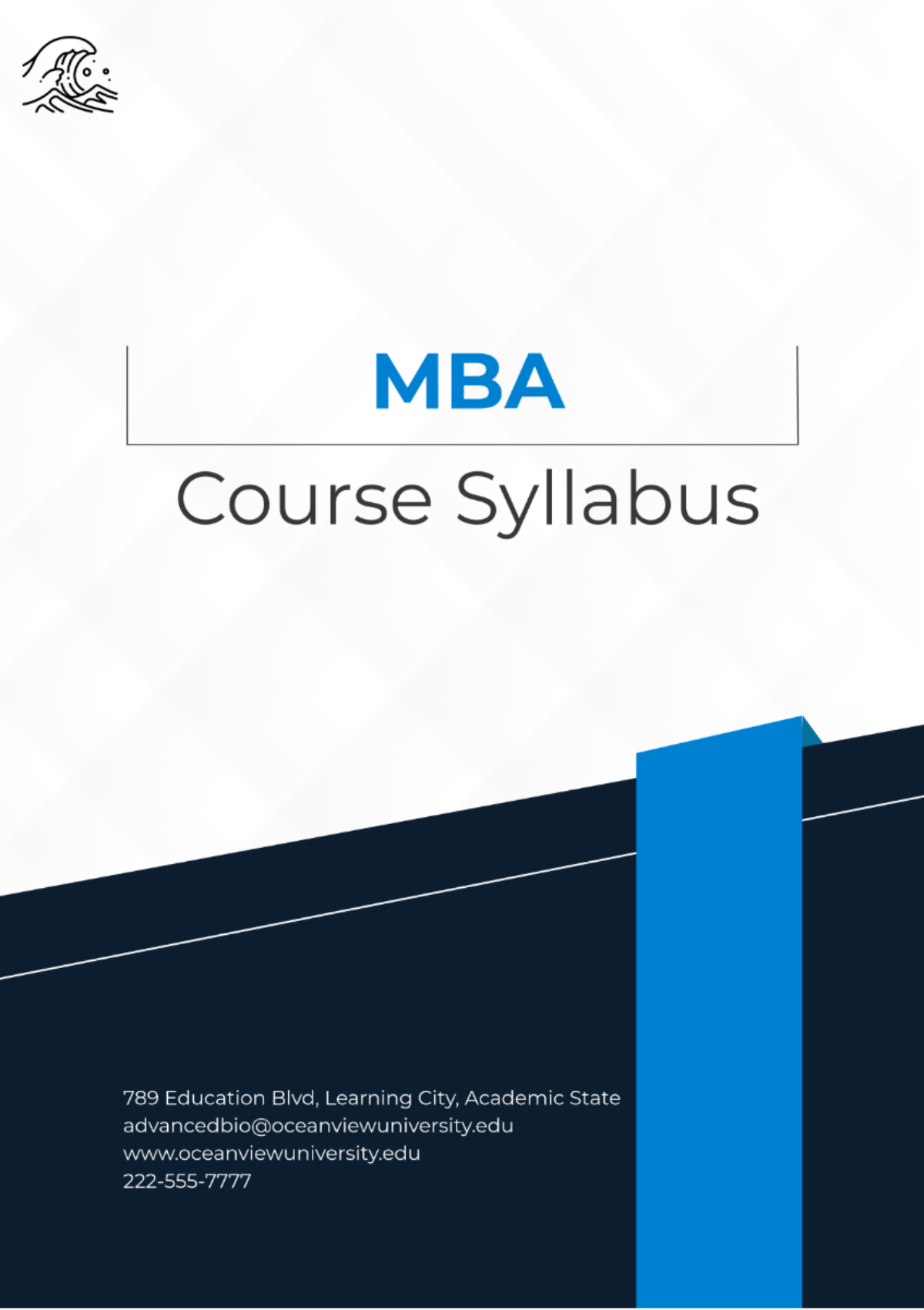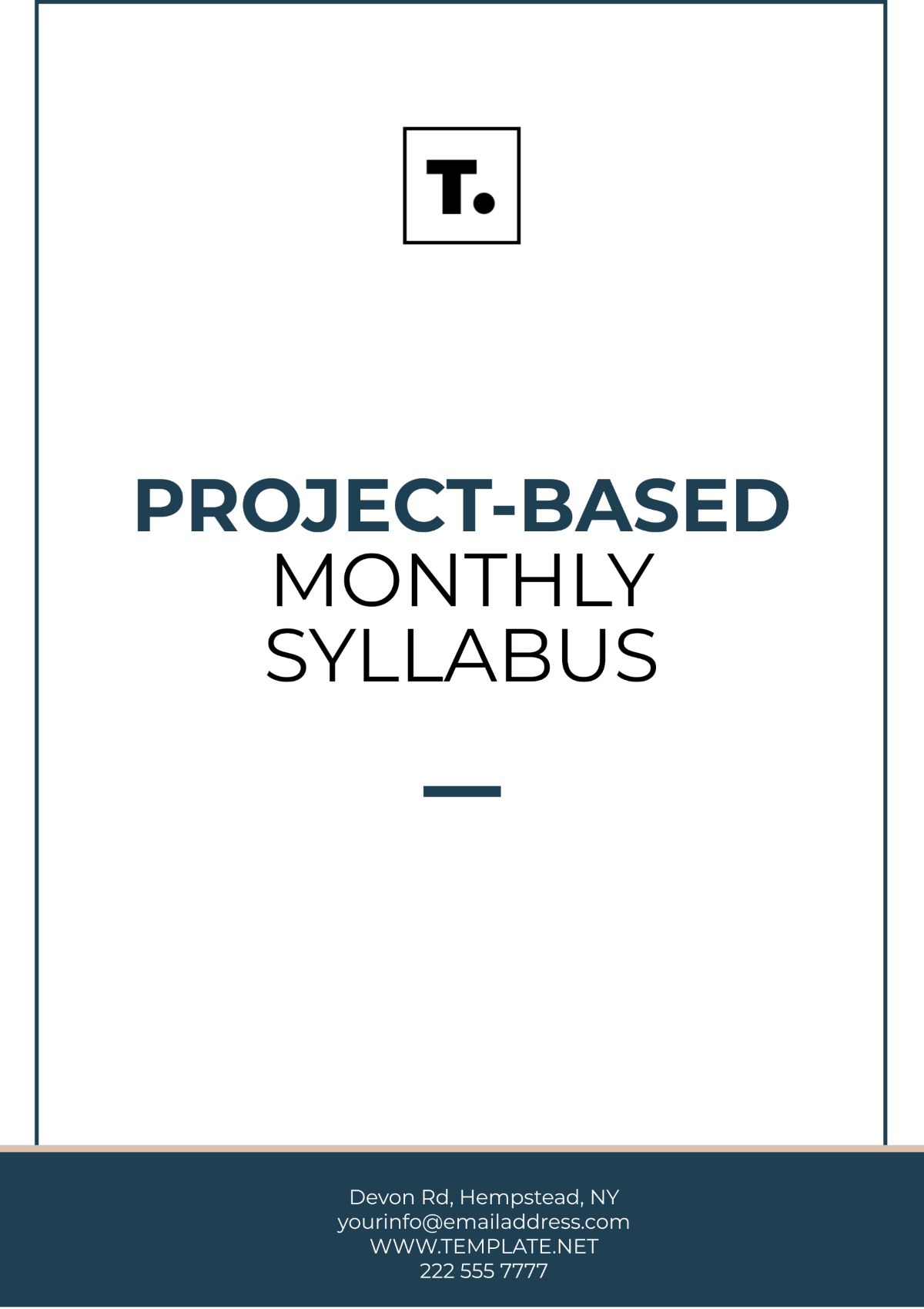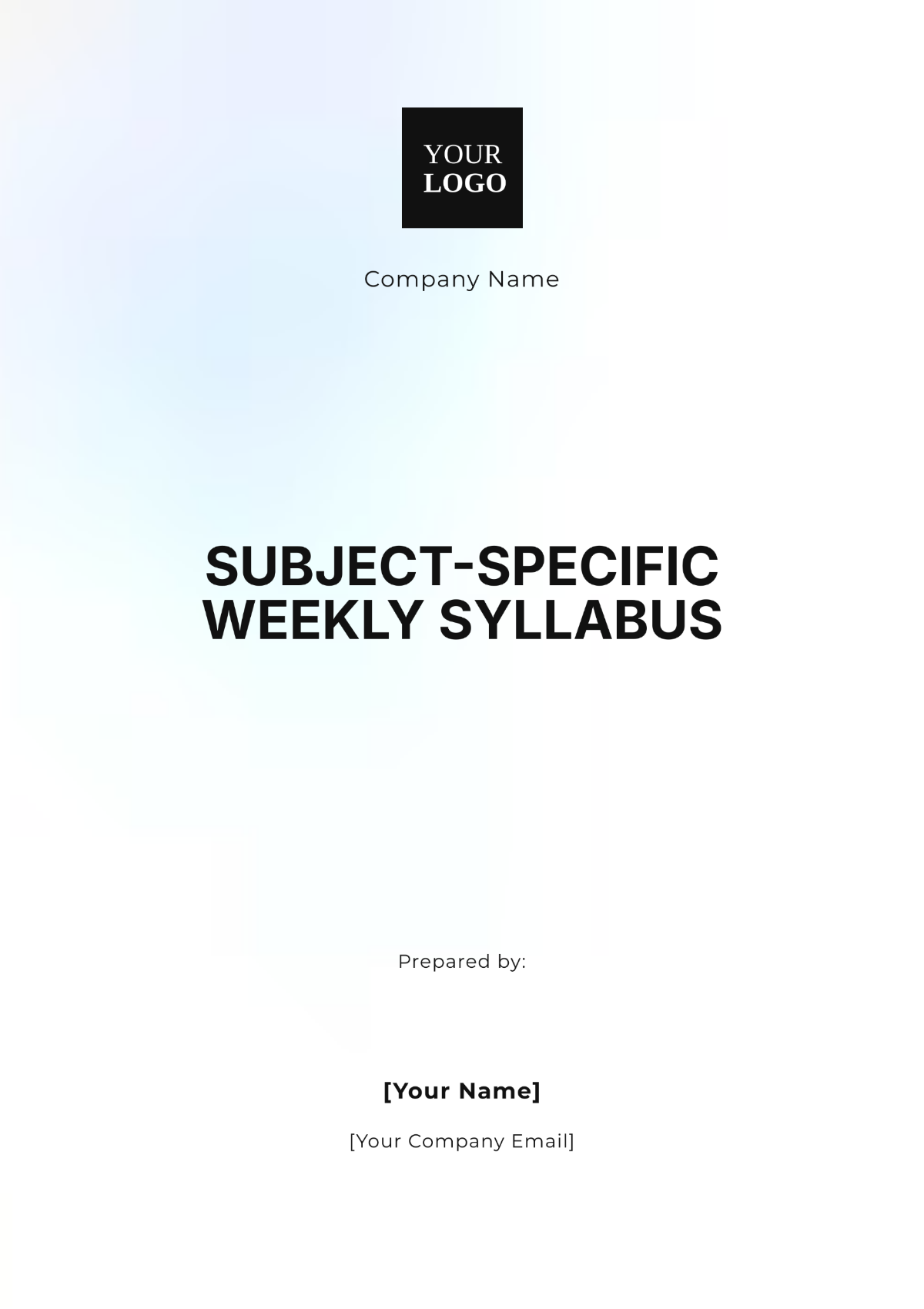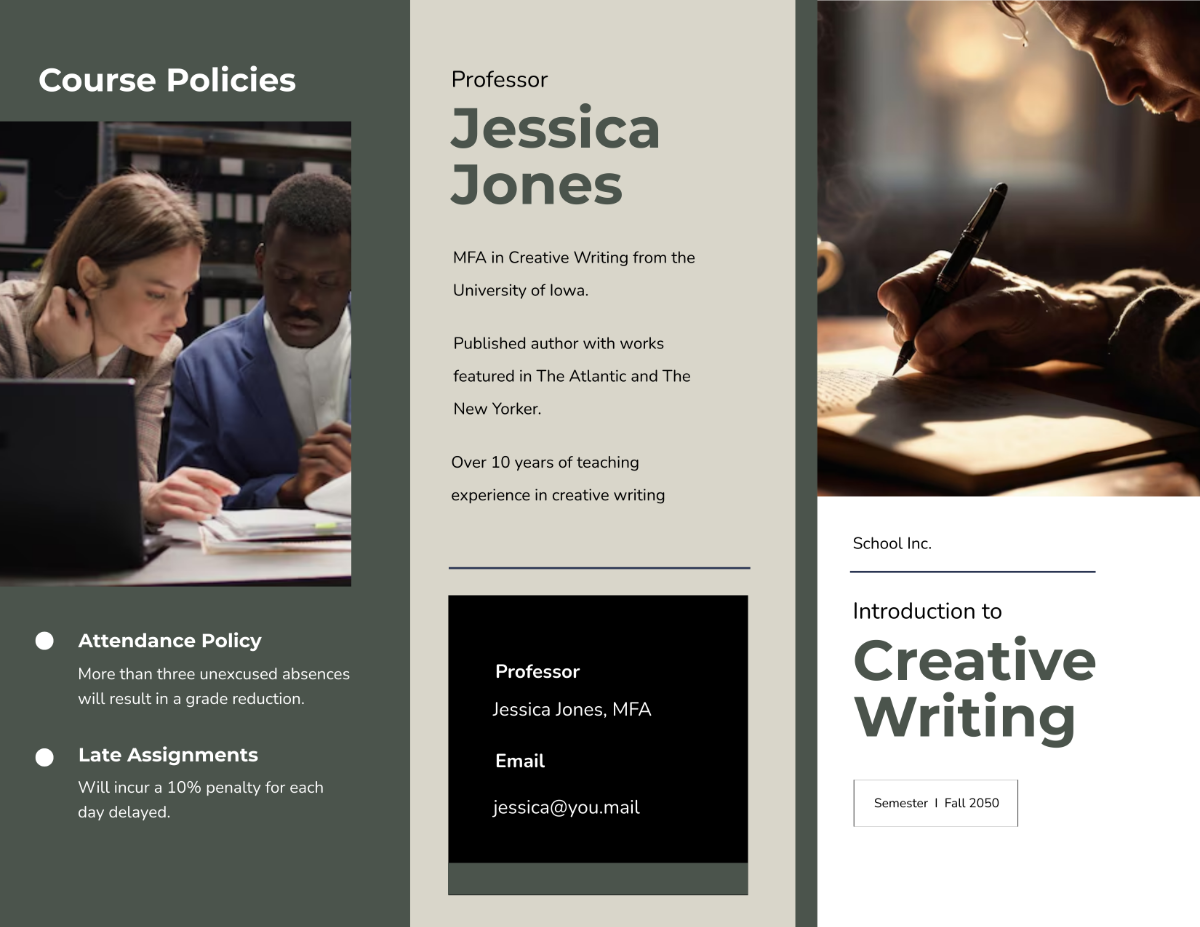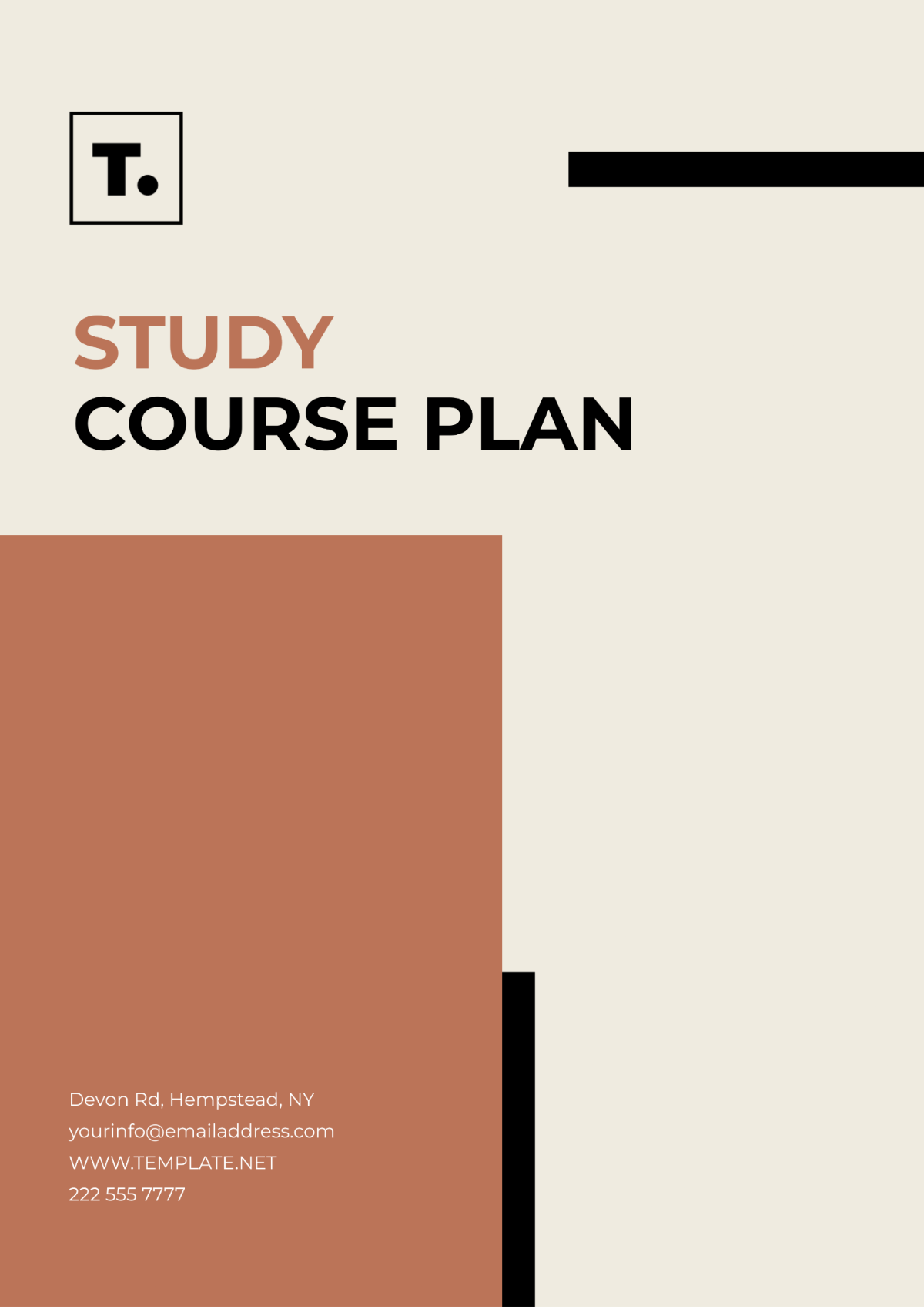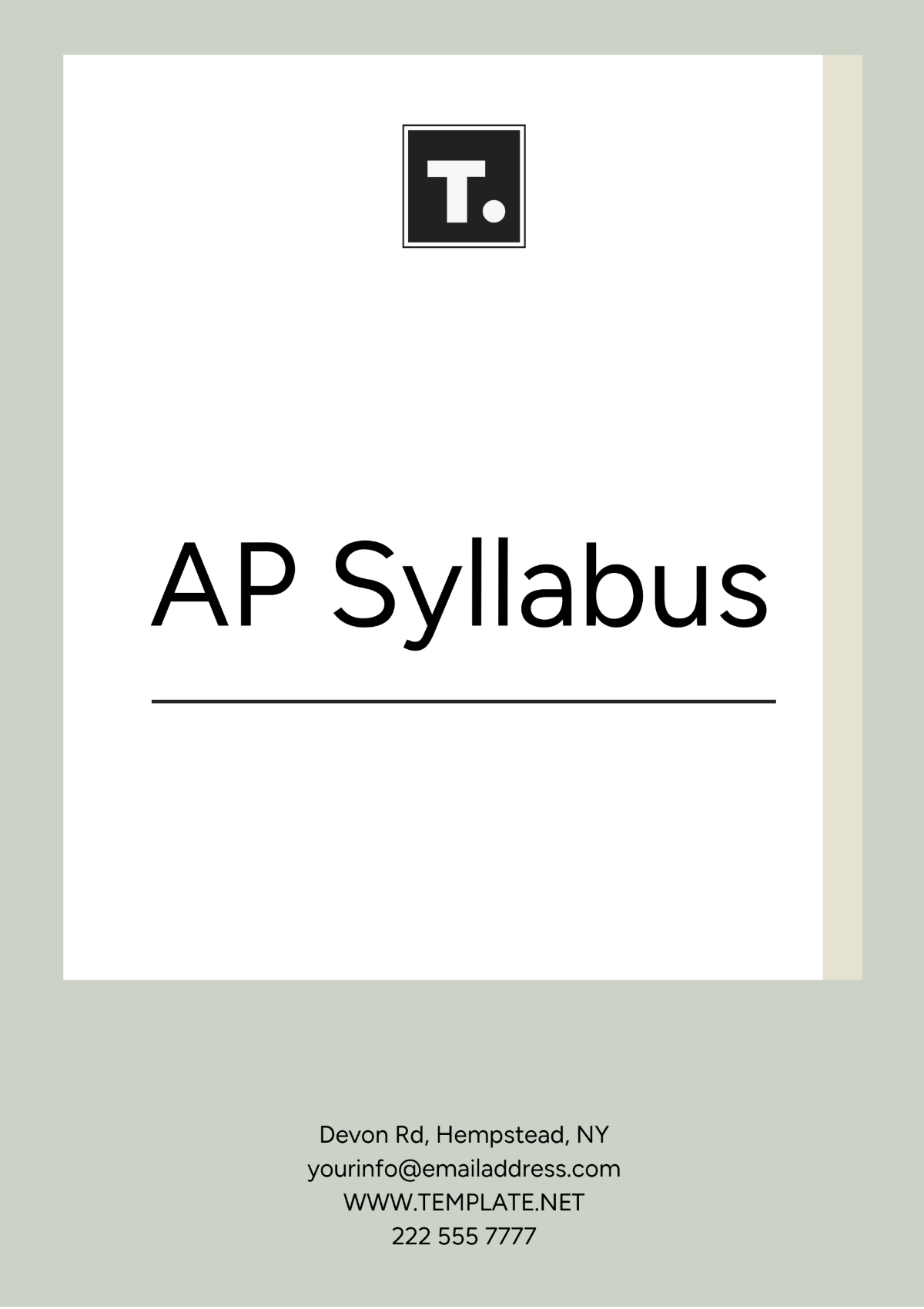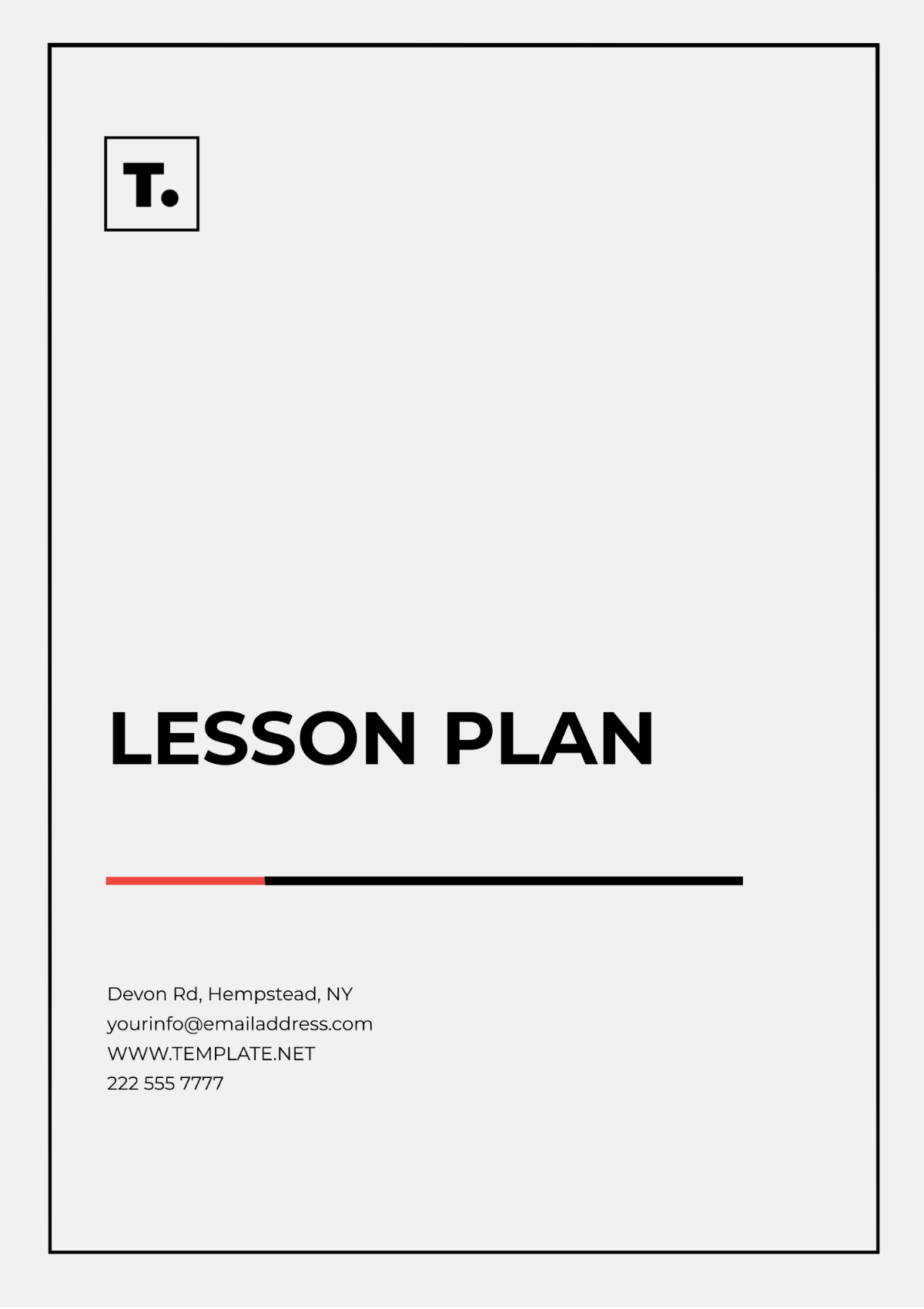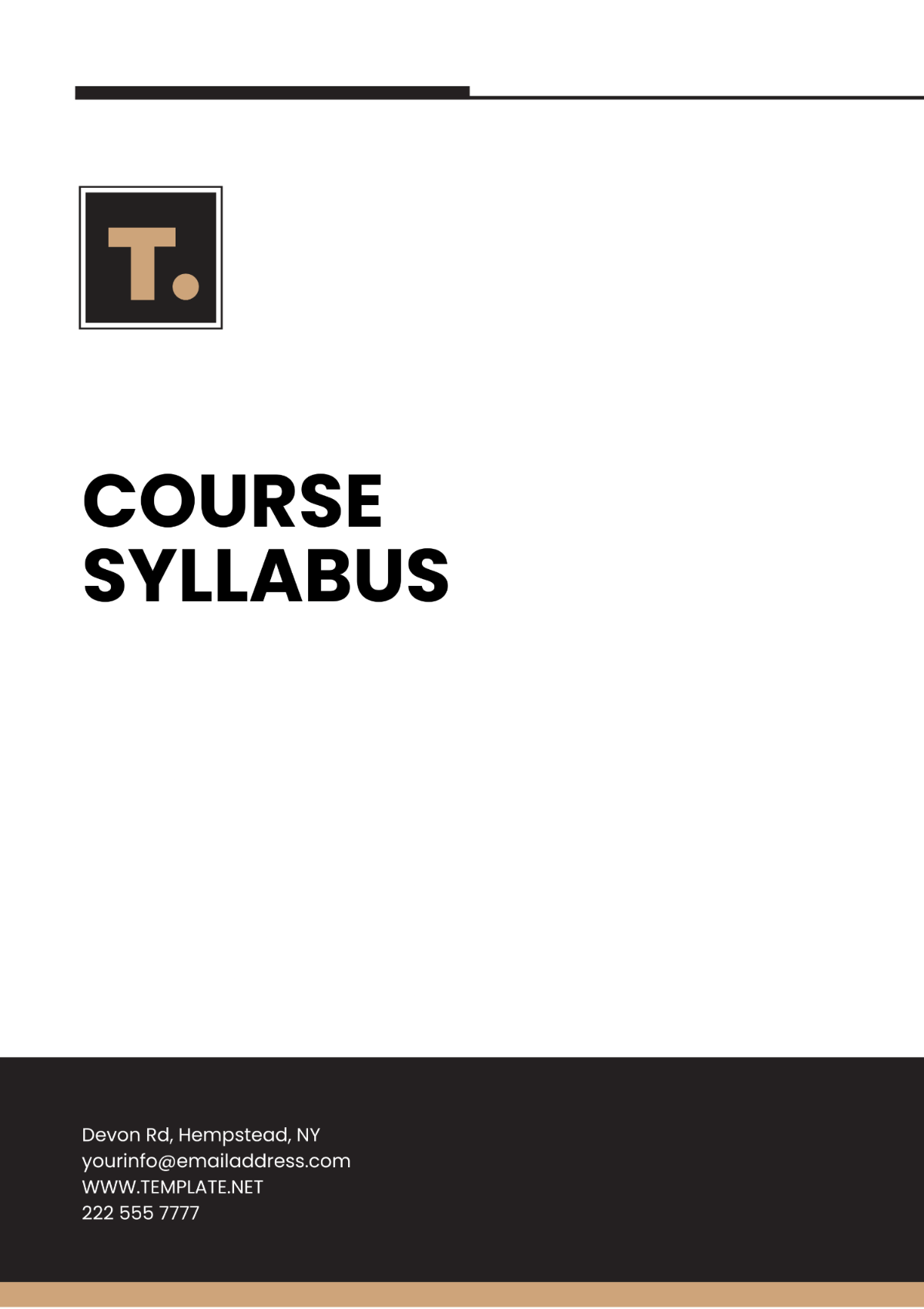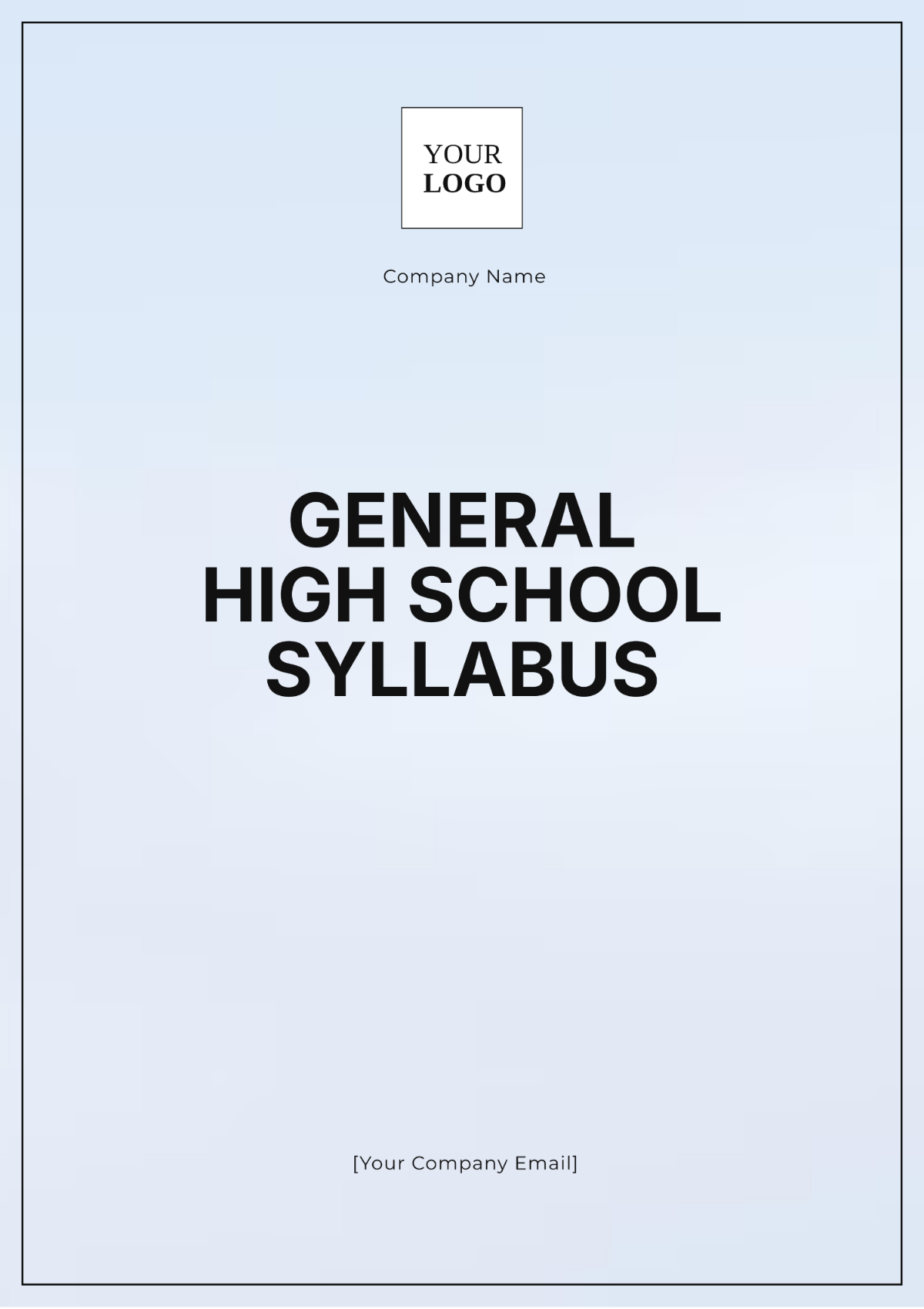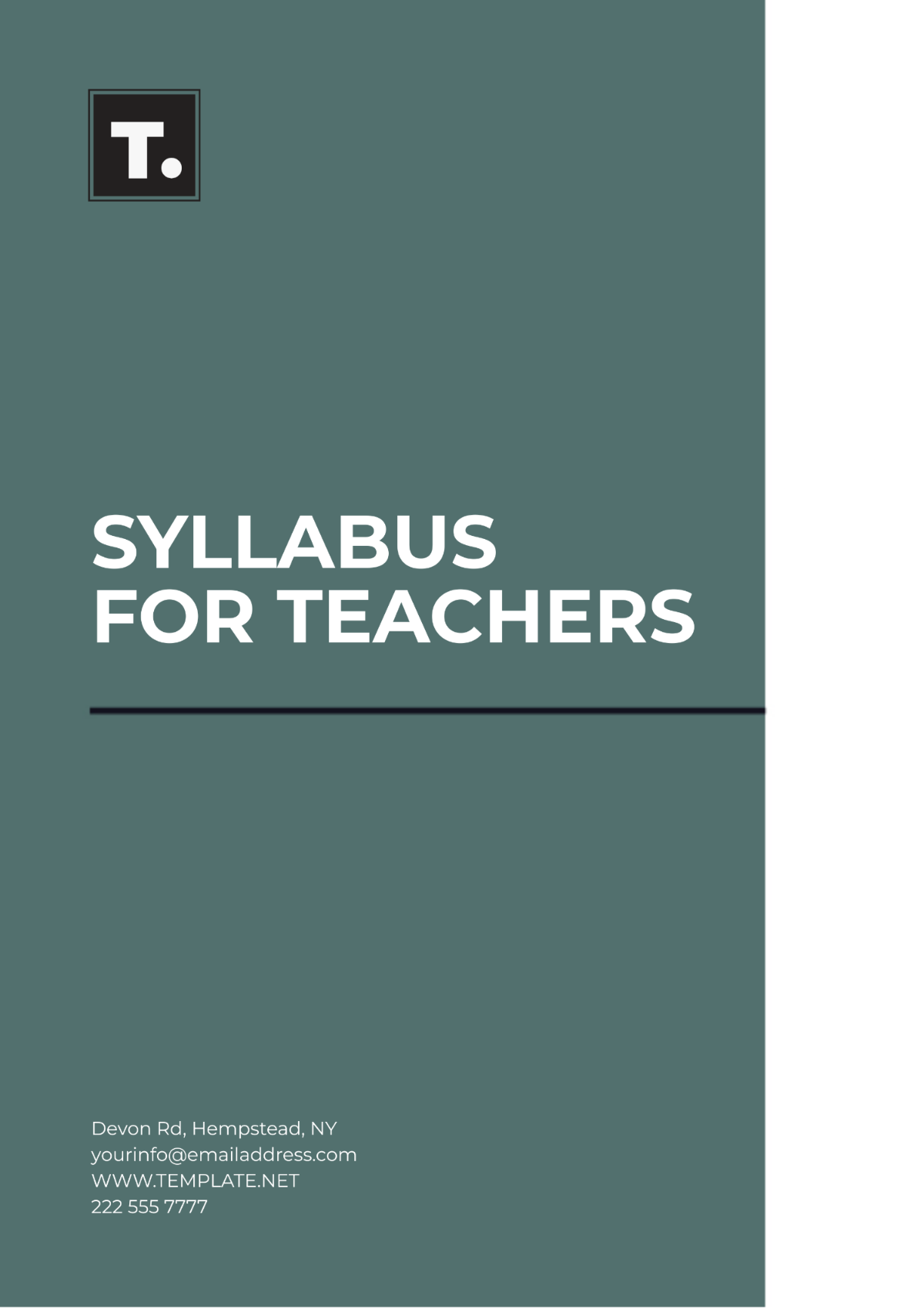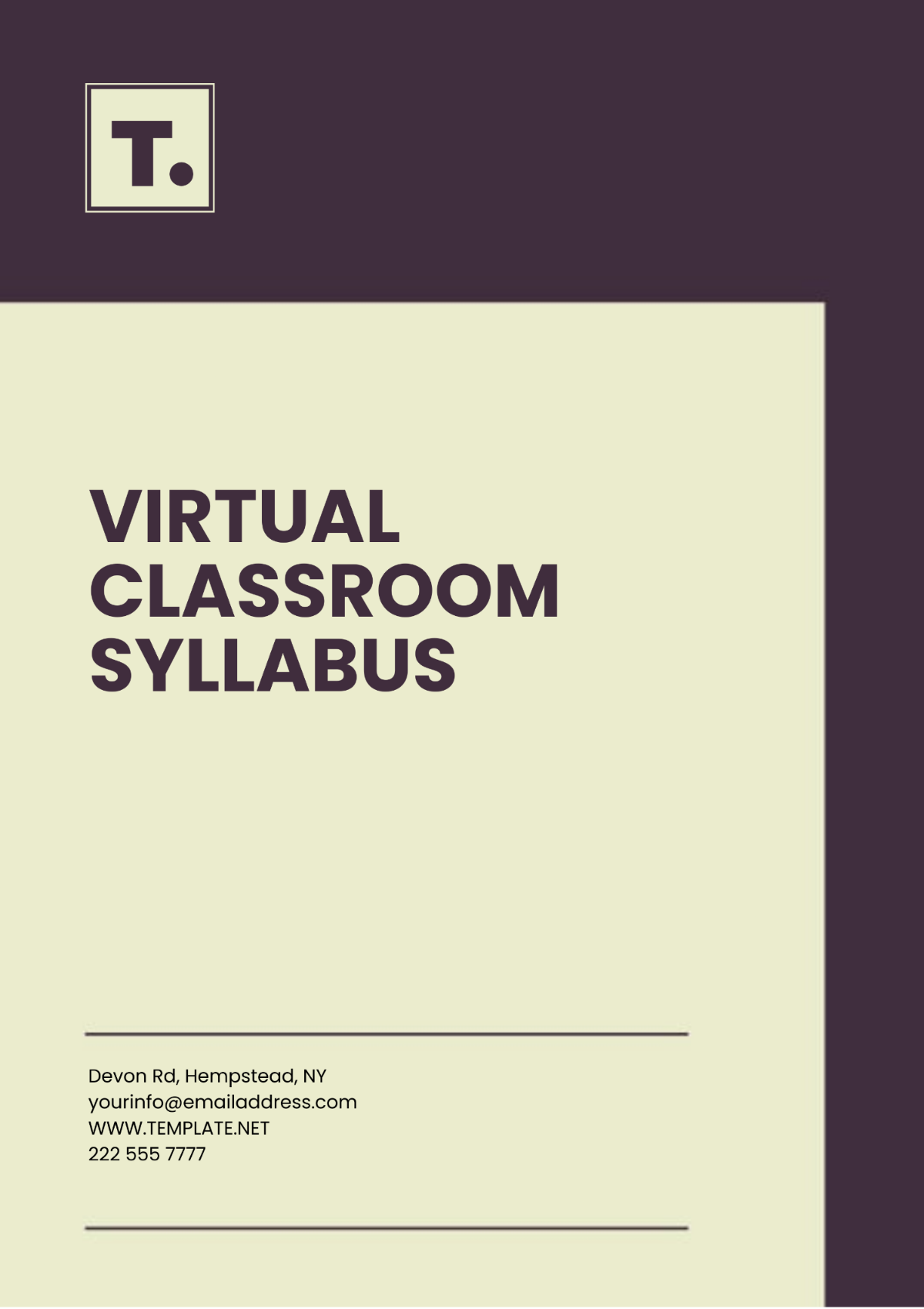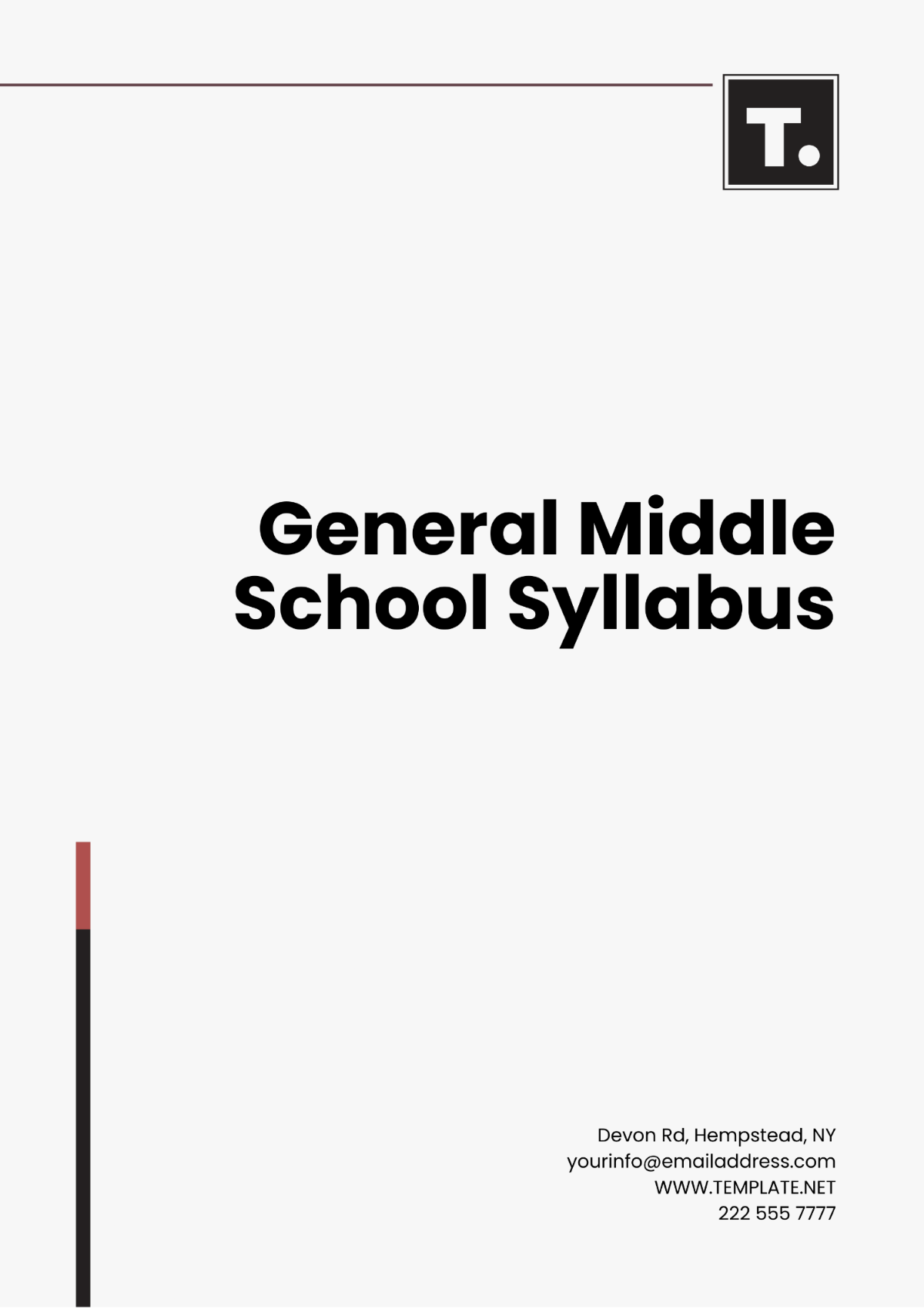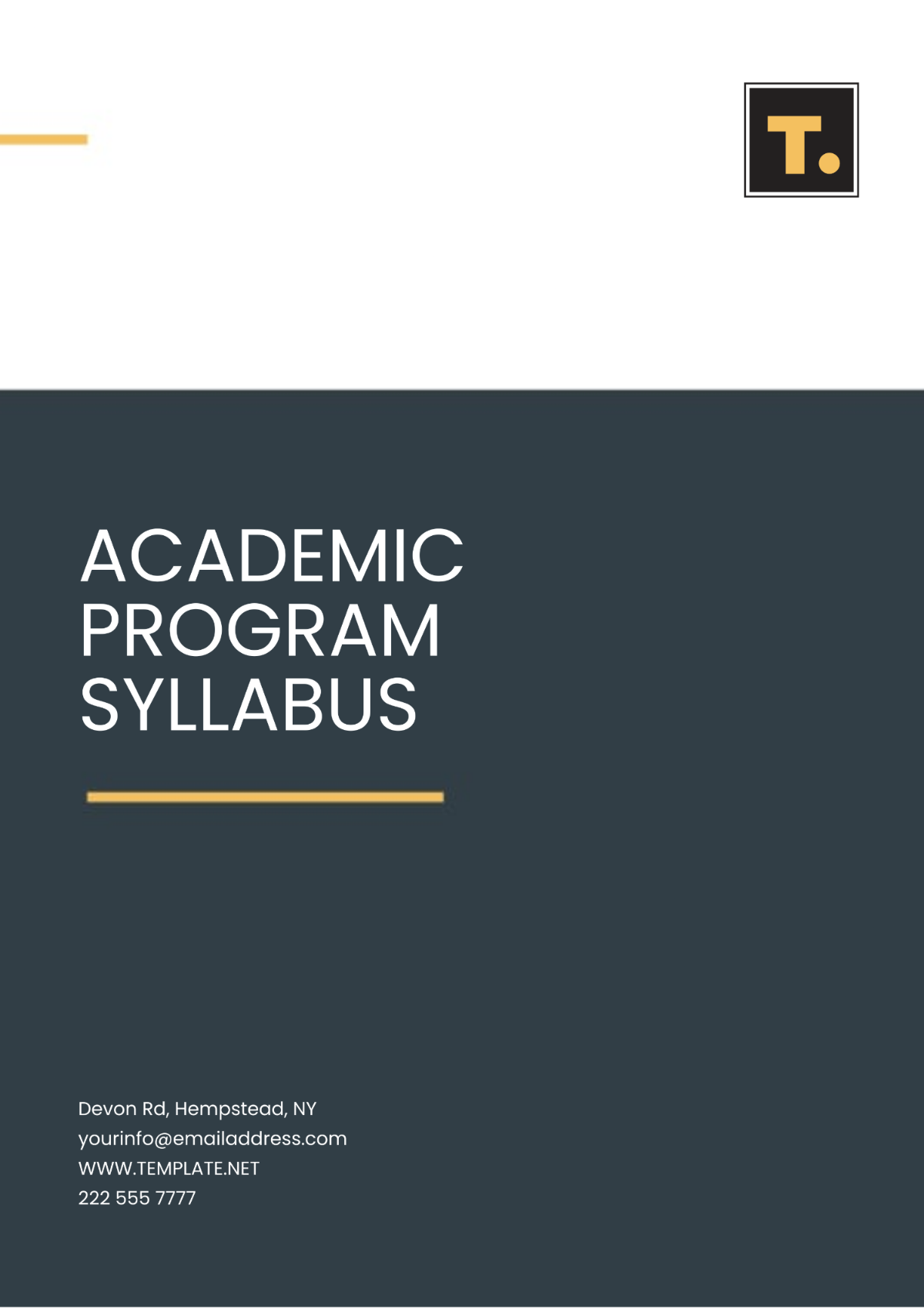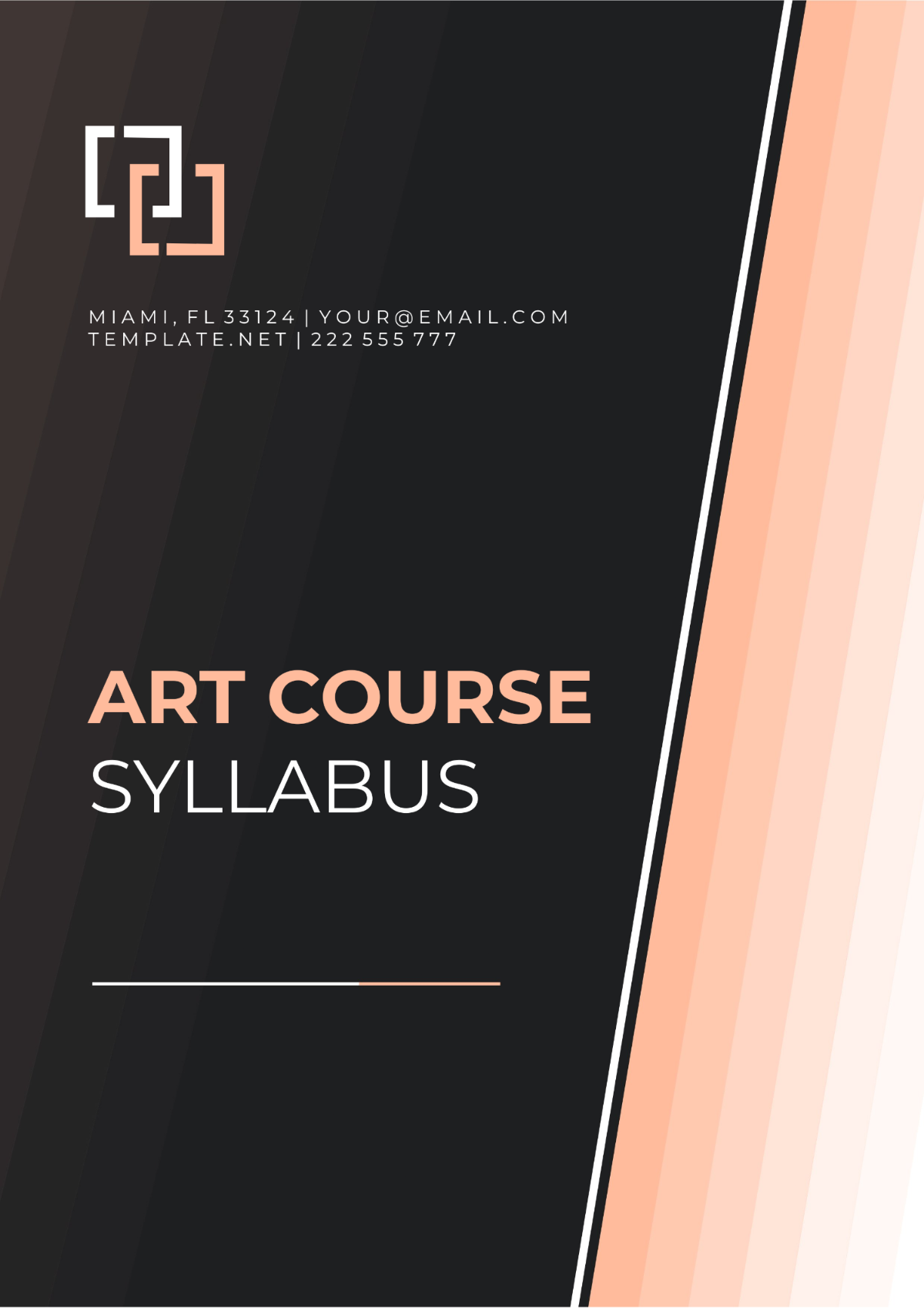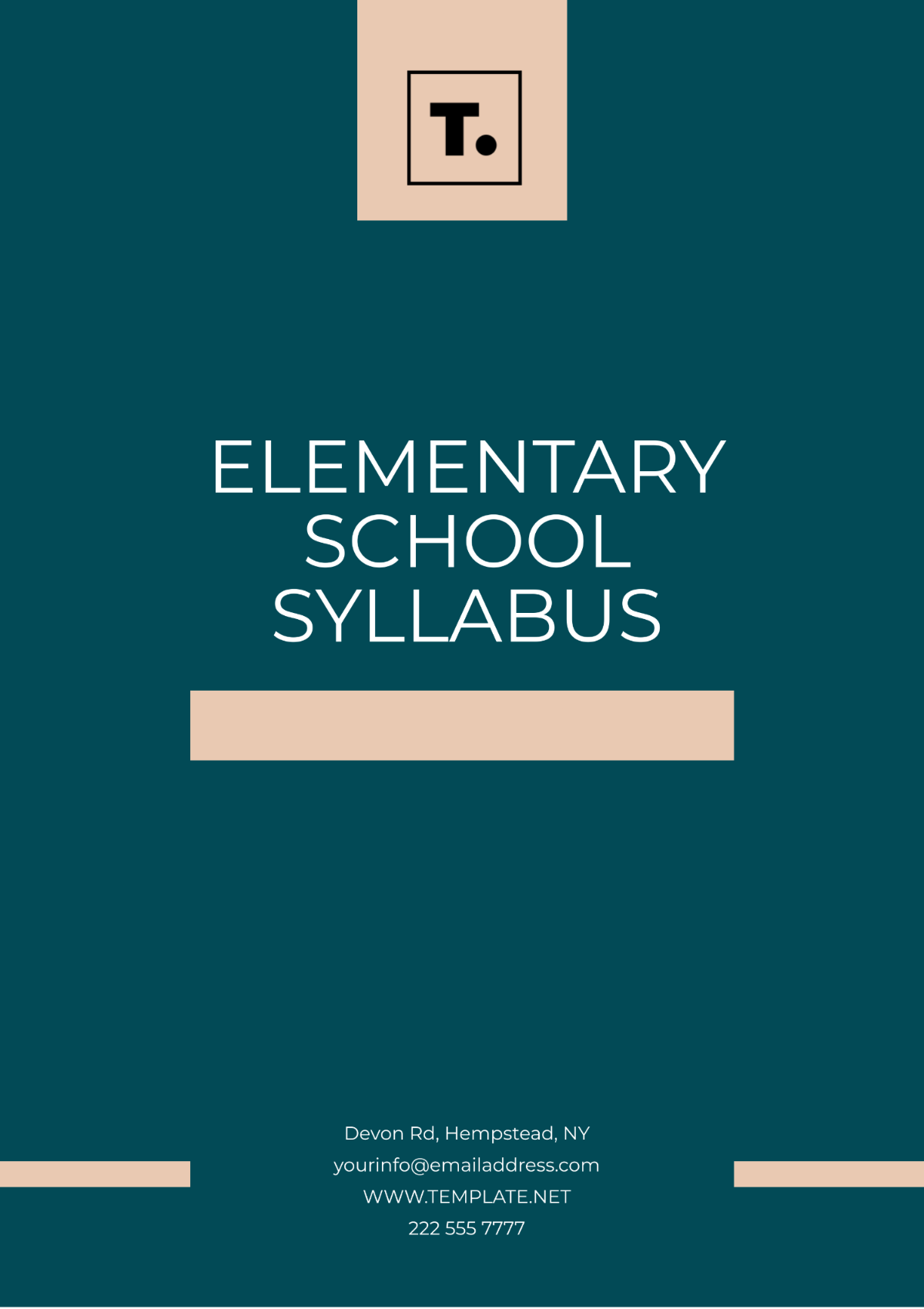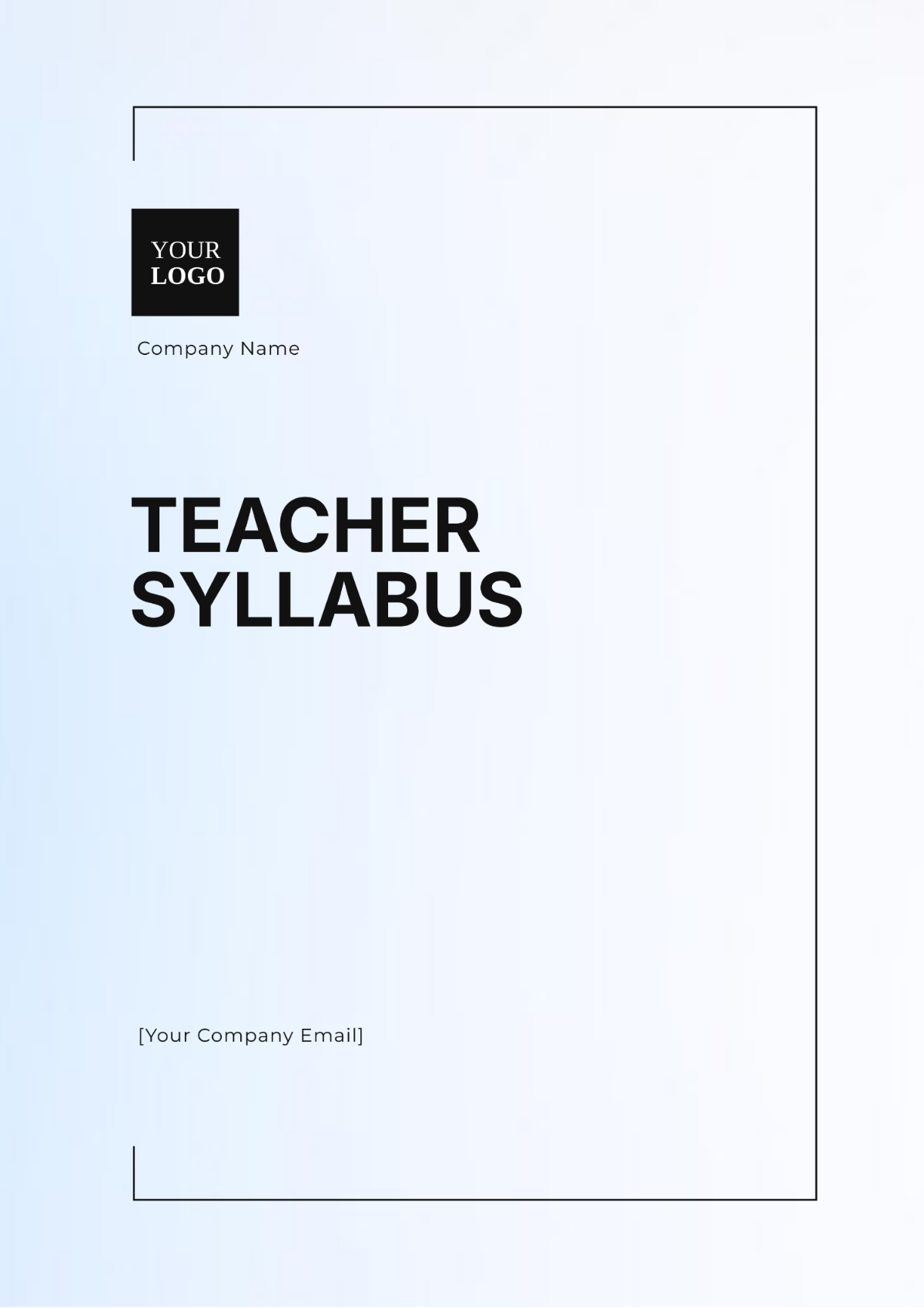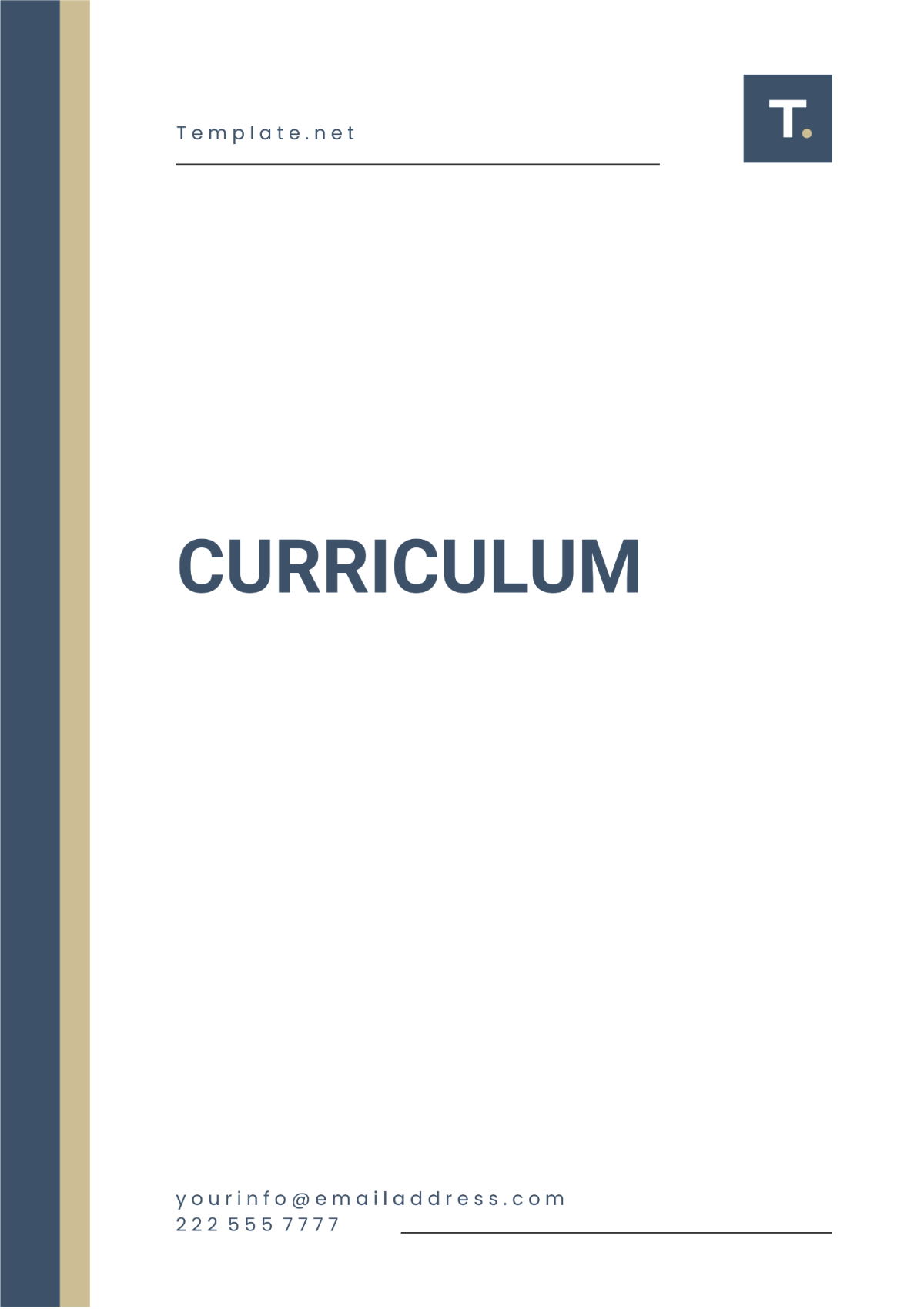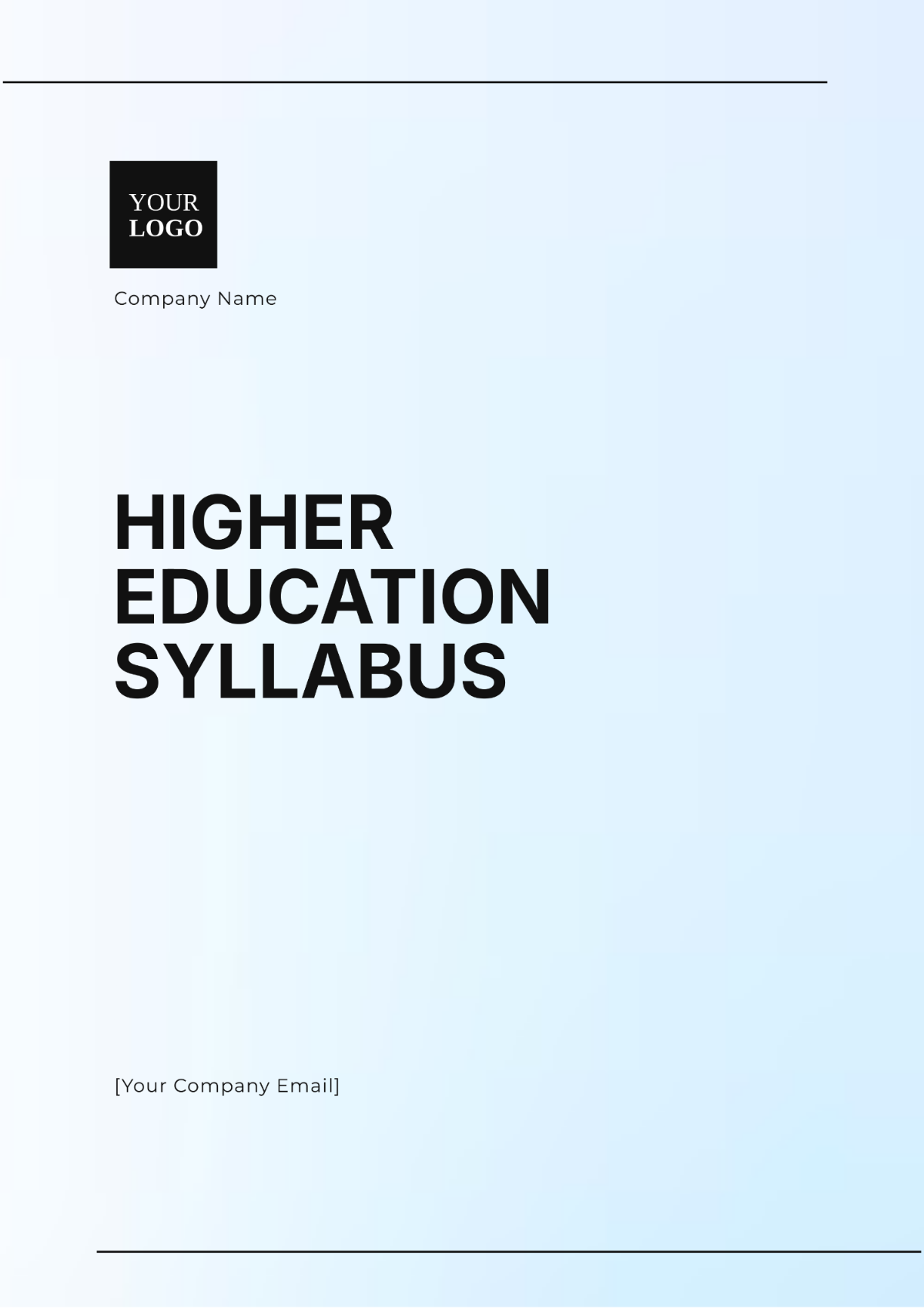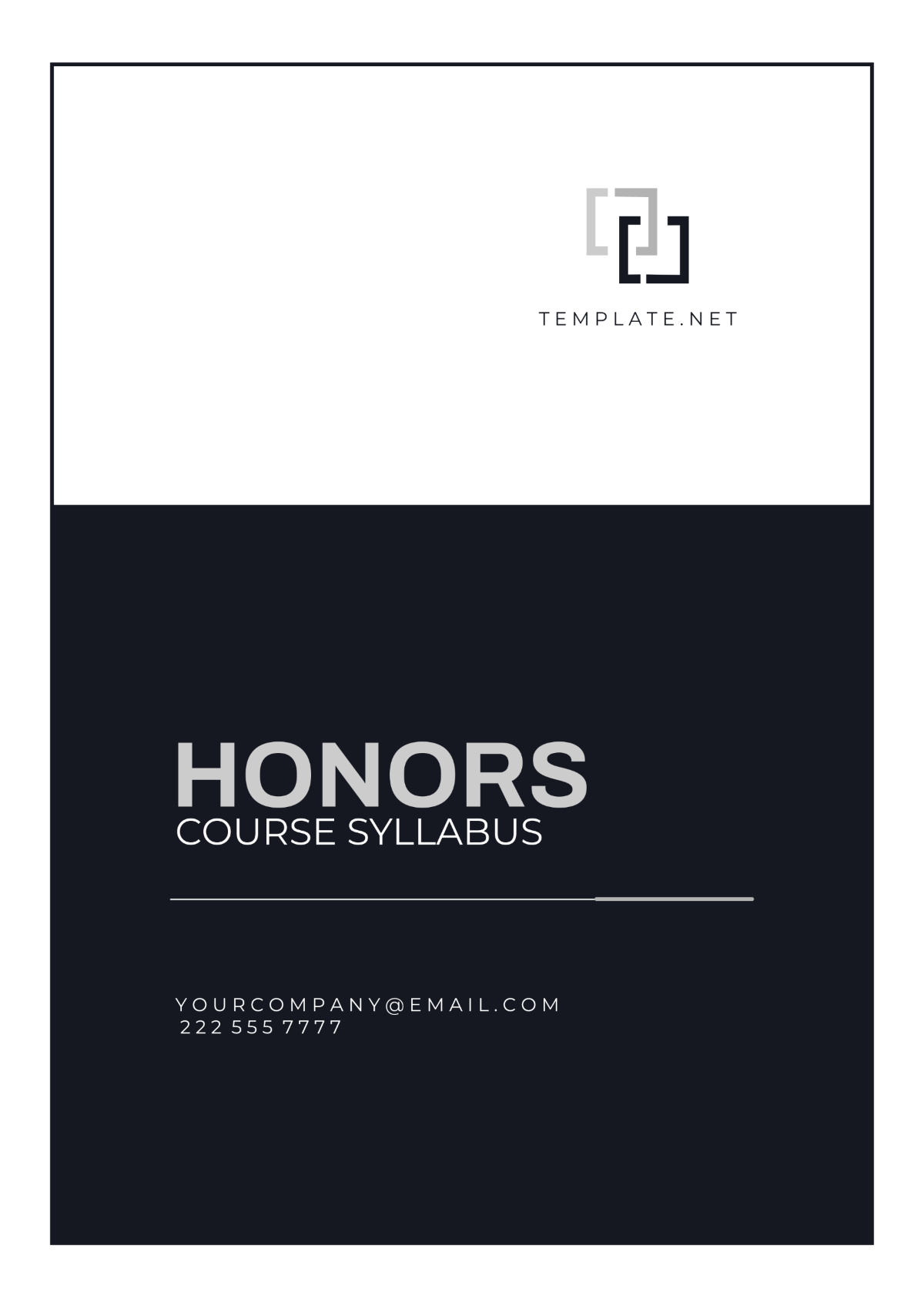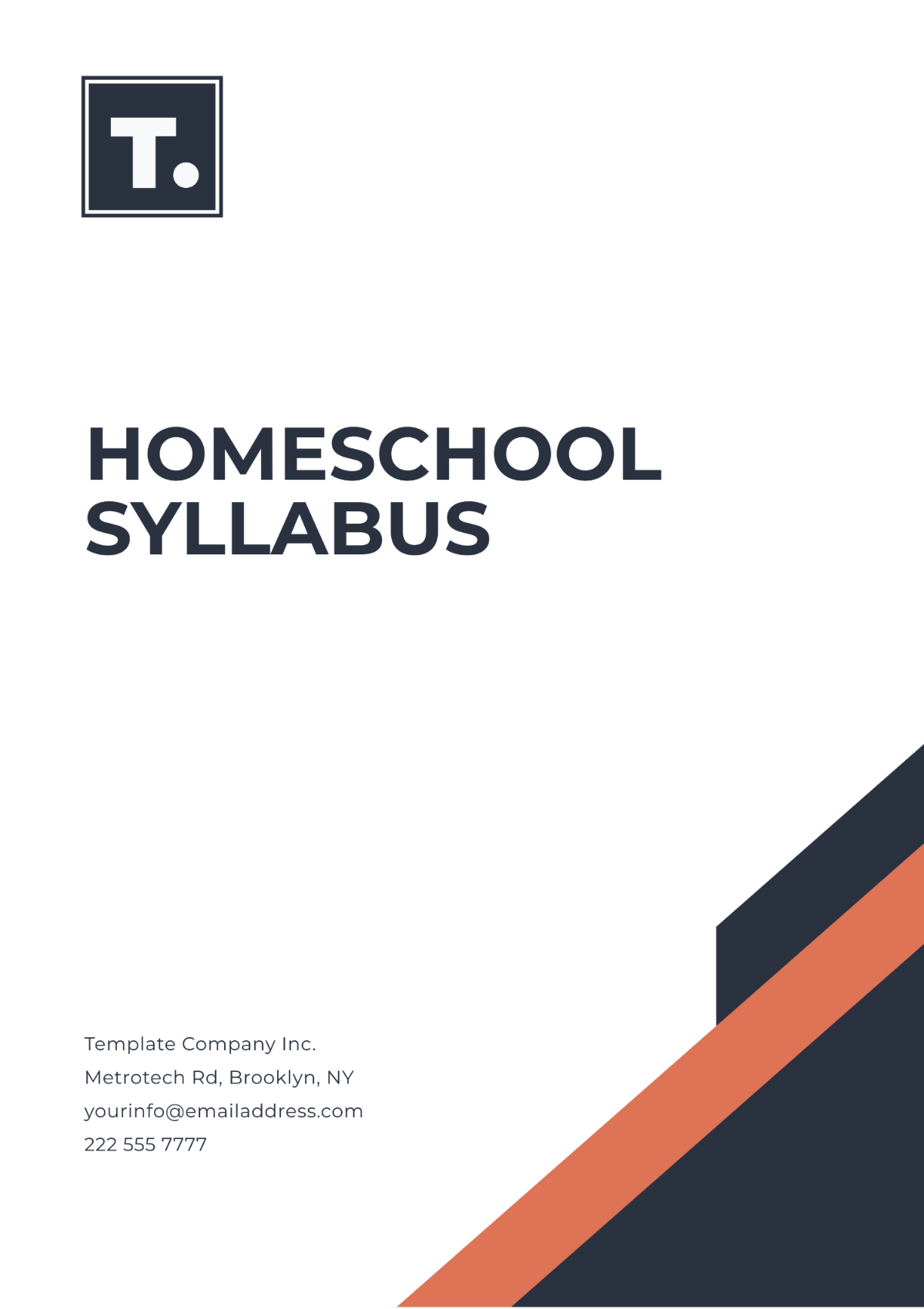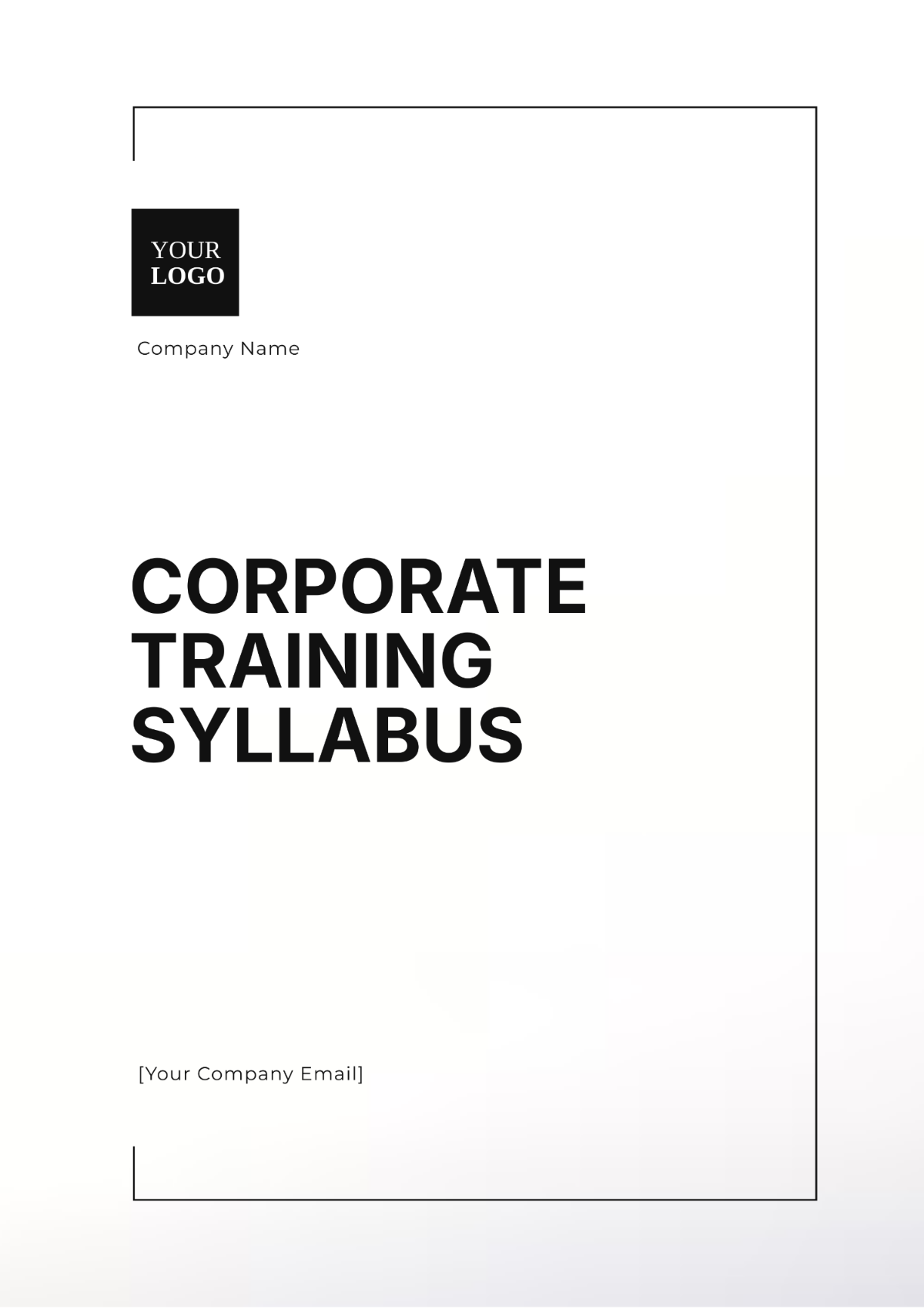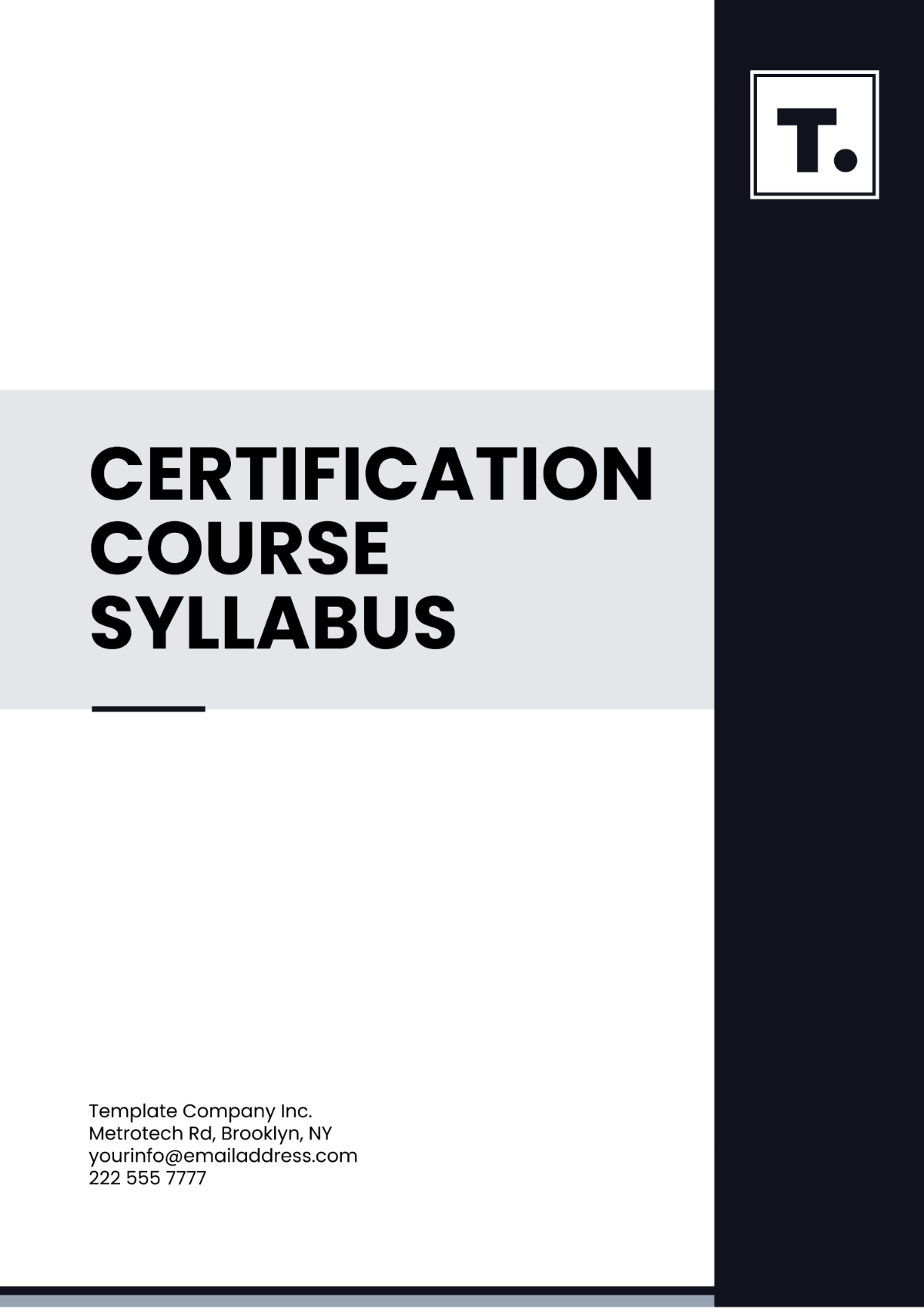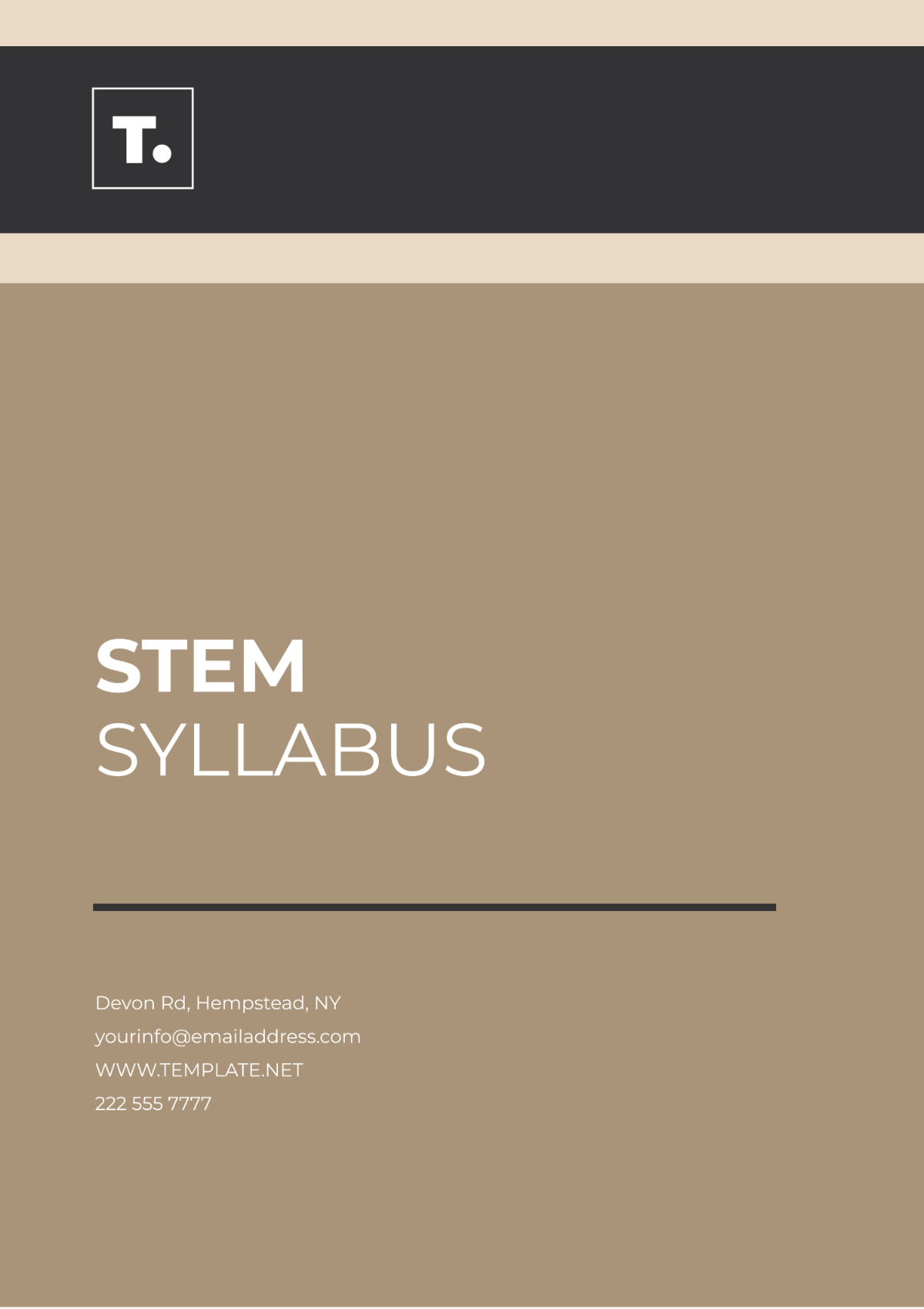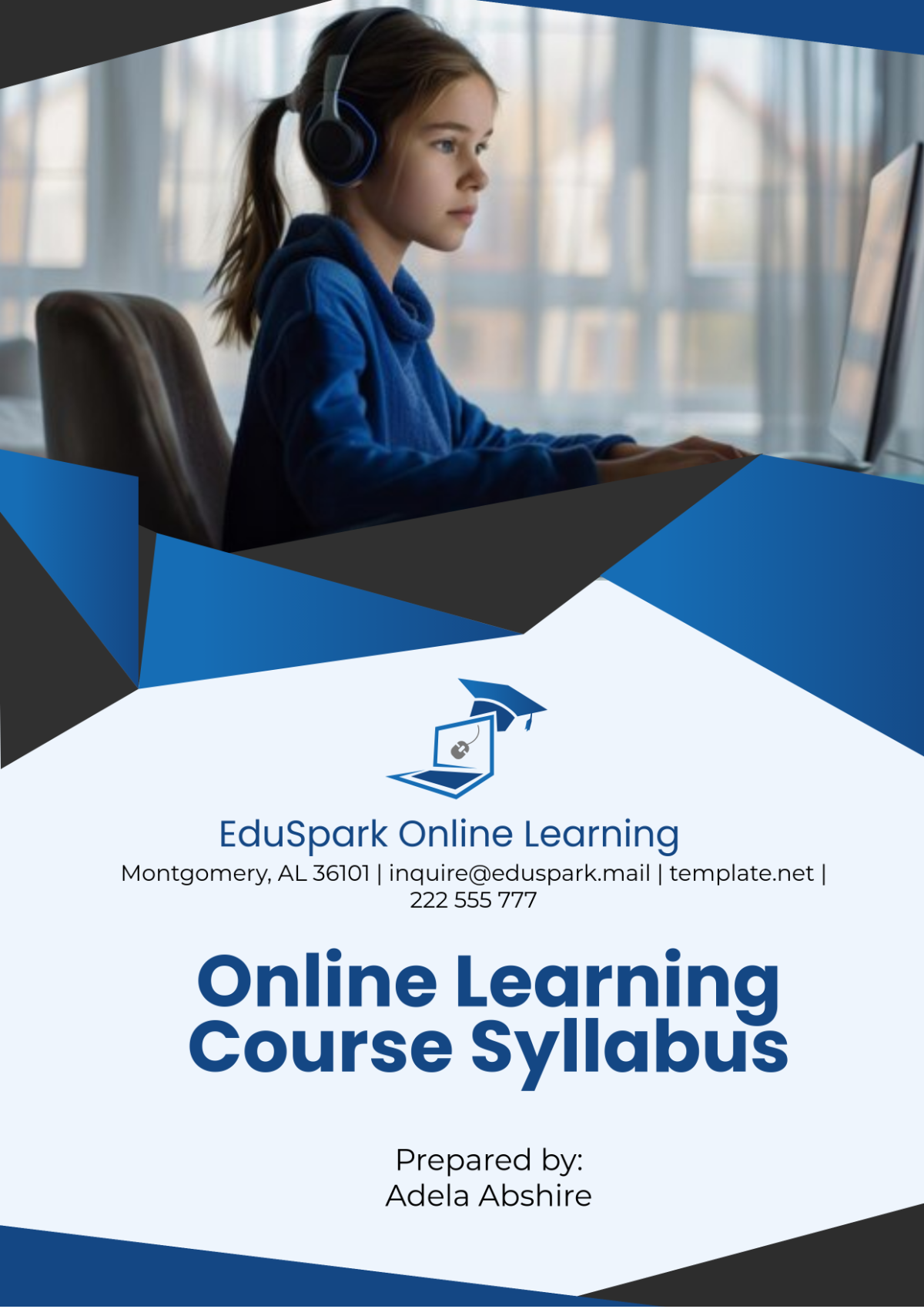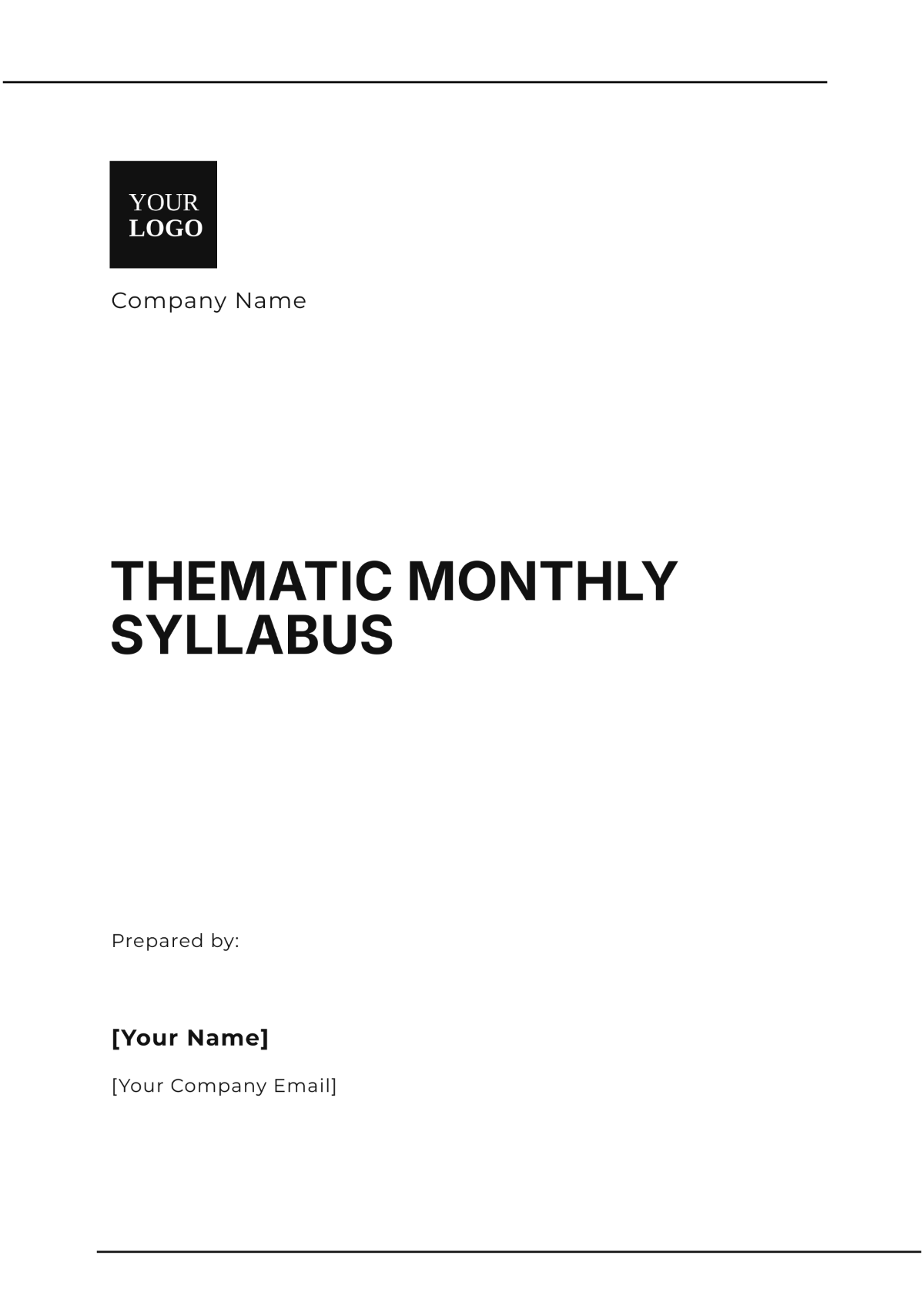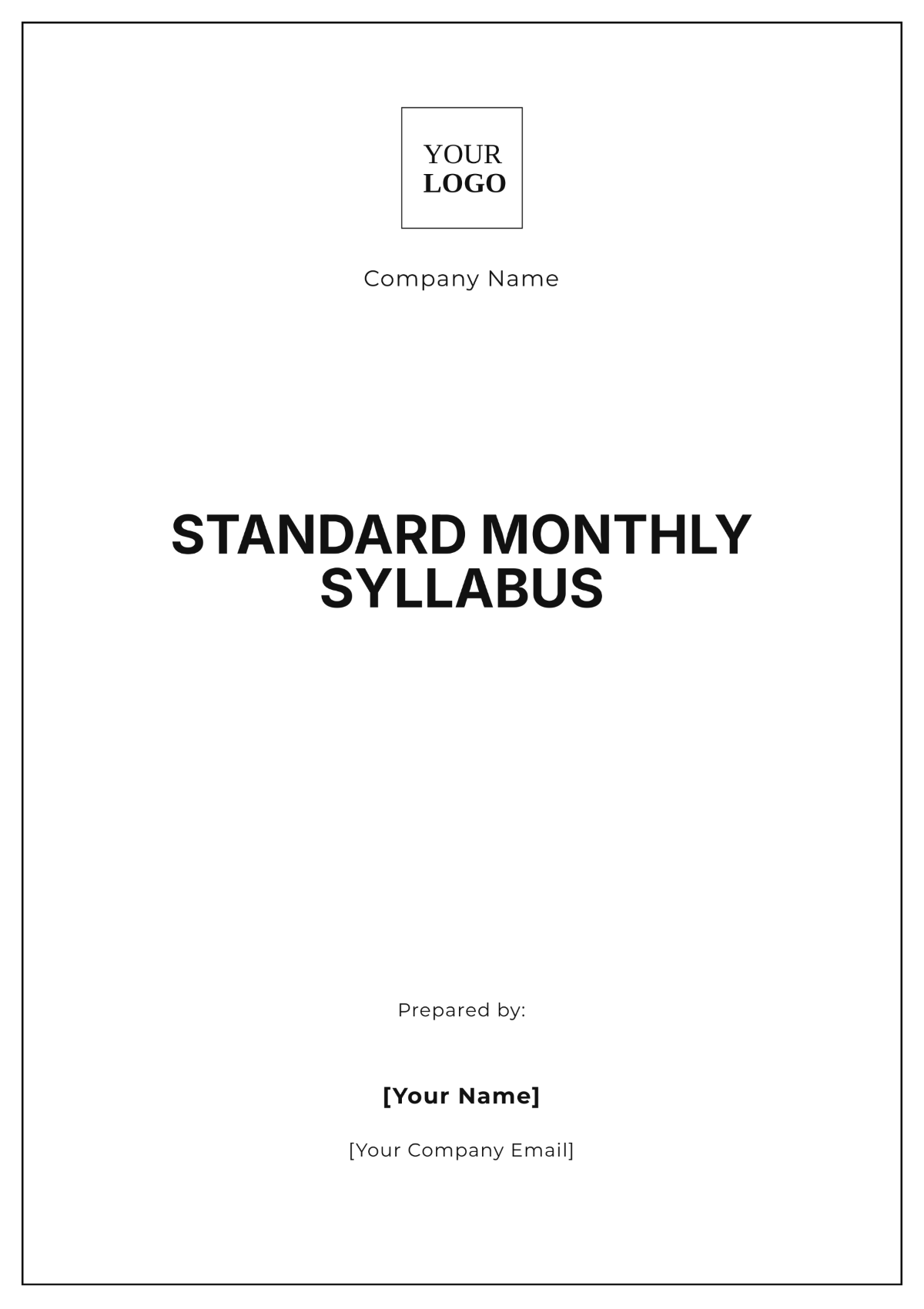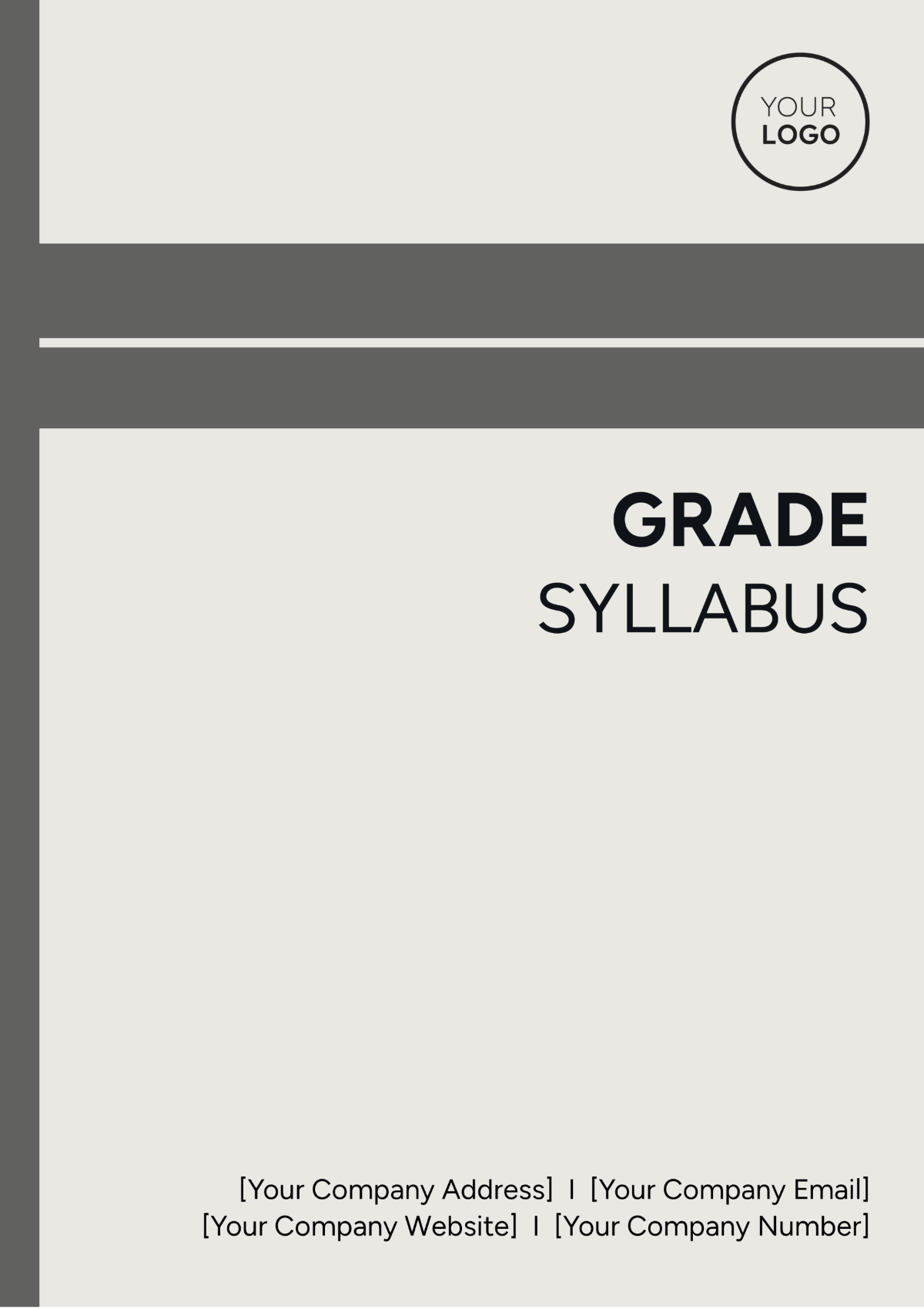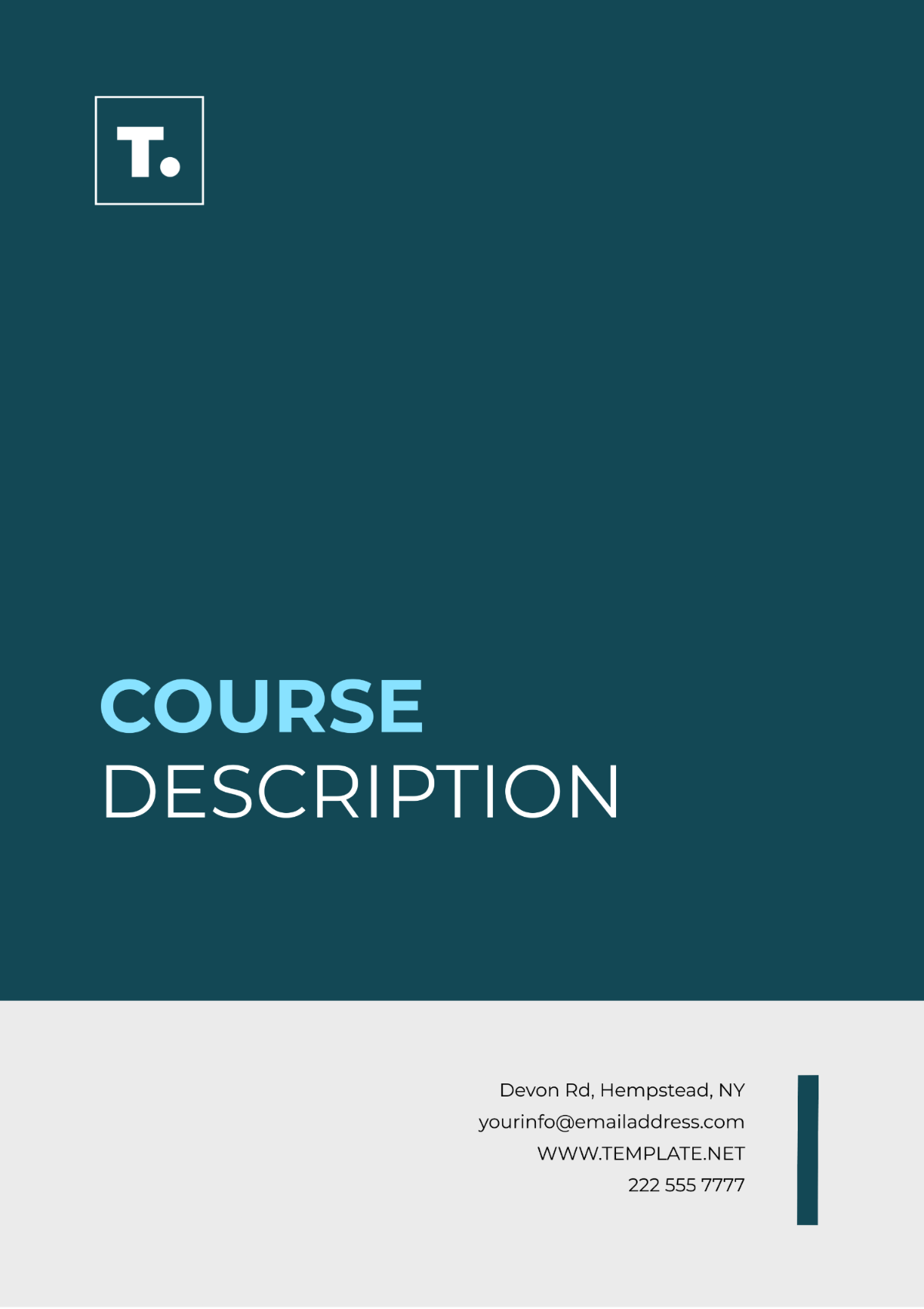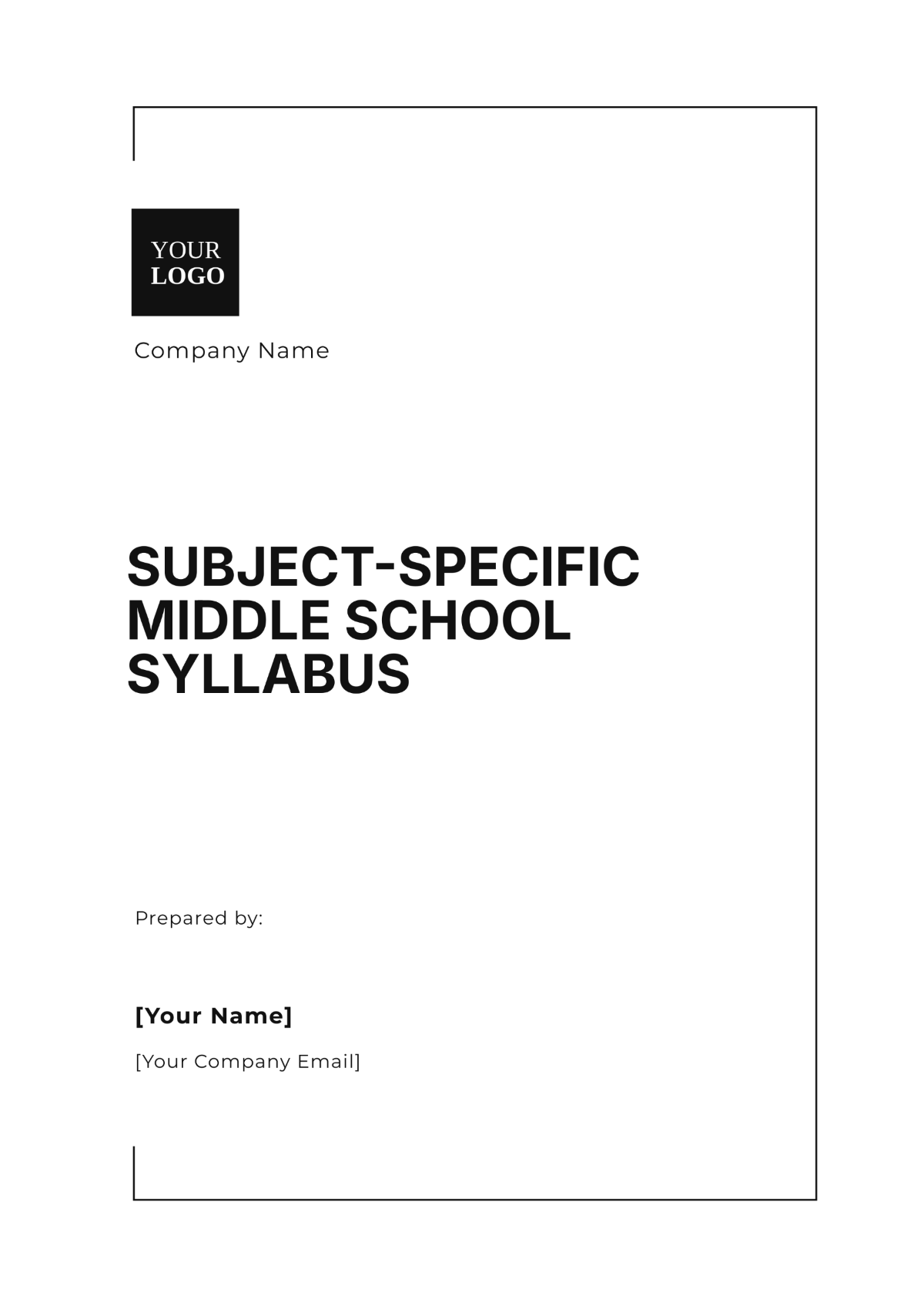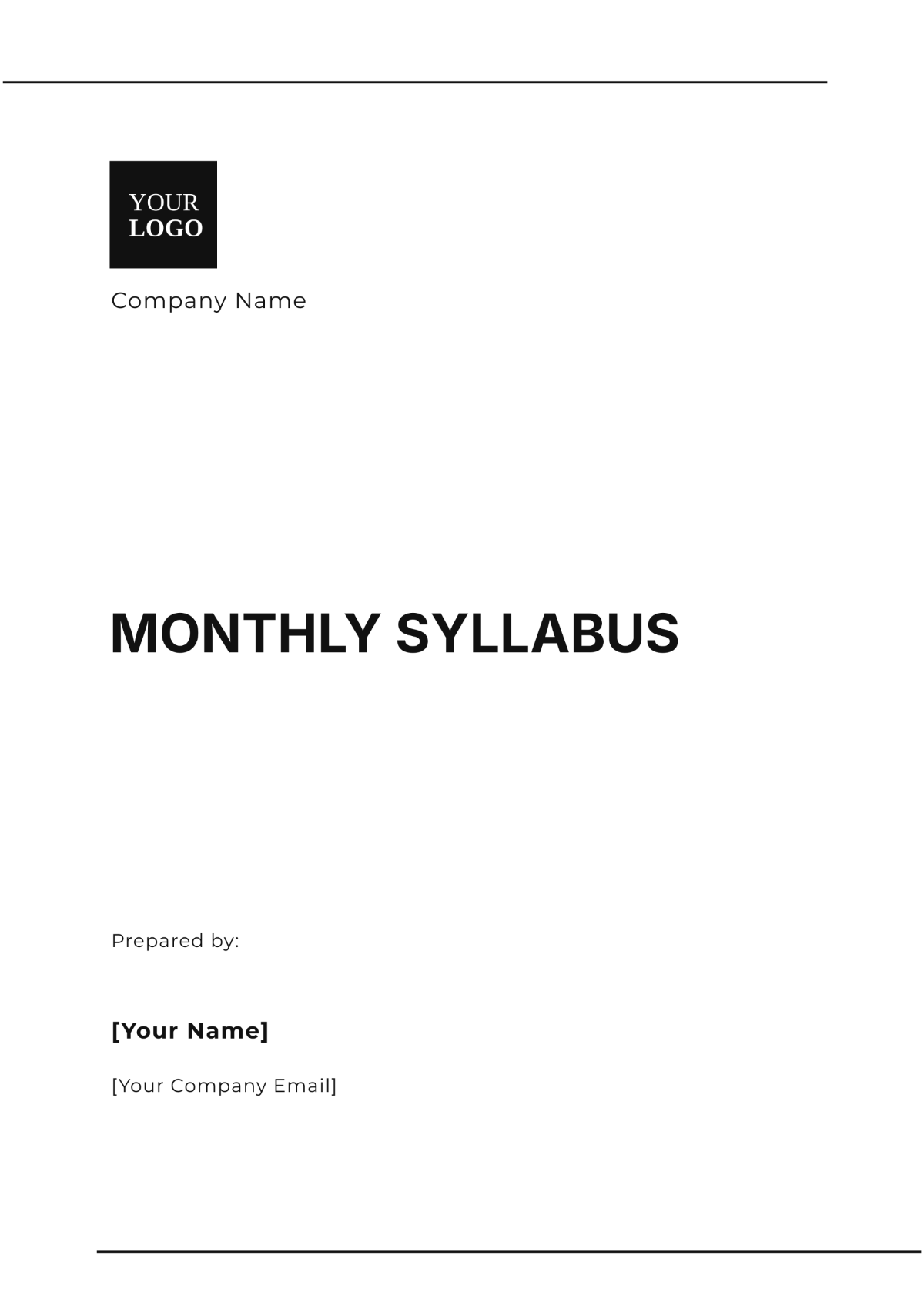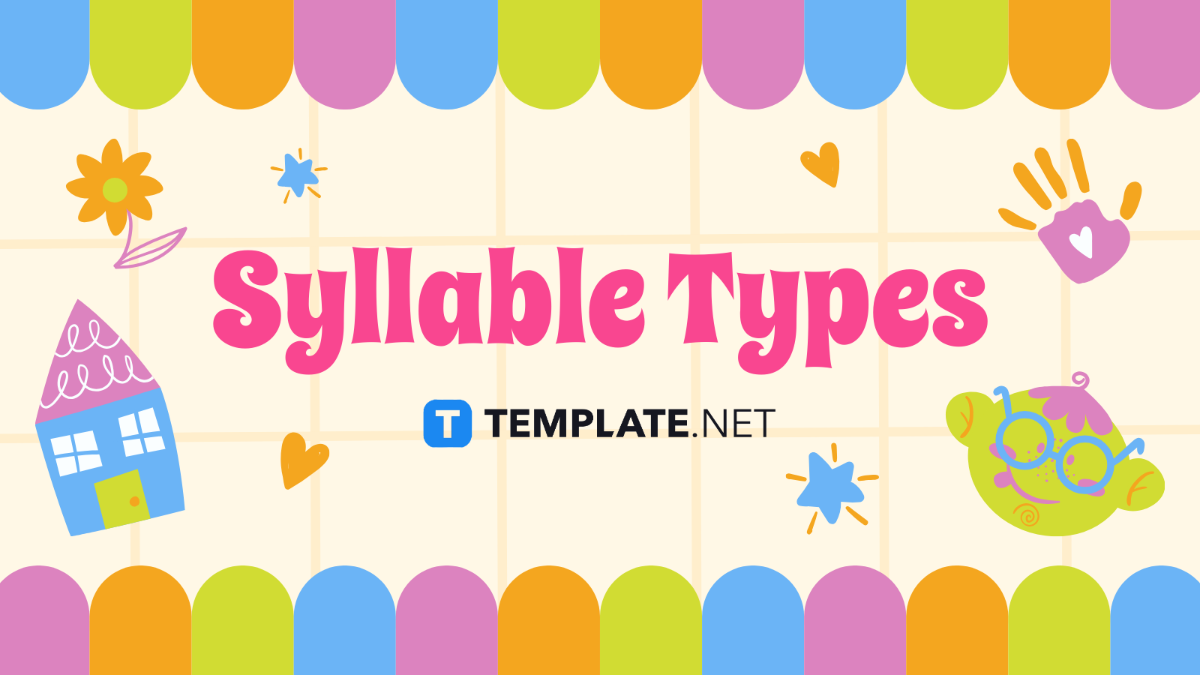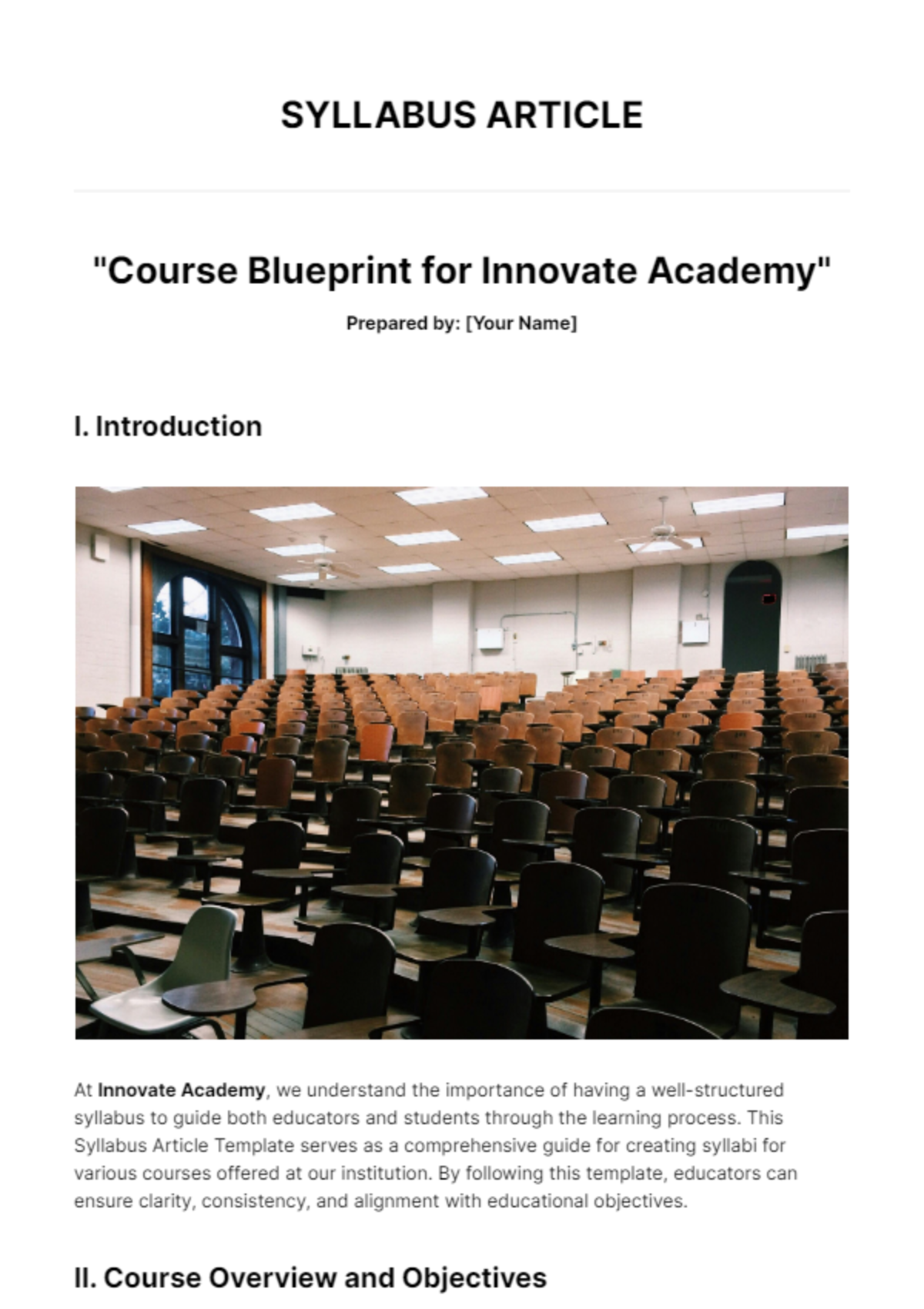Free Culinary Syllabus Template
Culinary Syllabus
Culinary Course
Course Title | [COURSE TITLE] |
Course Code | [COURSE CODE] |
Institution Hours | [INSTITUTION HOURS] |
Class Location | [CLASS LOCATION] |
Class Time | [CLASS TIME] |
Class Duration | [DATE] - [DATE] |
1. Course Description
This course provides a comprehensive introduction to the culinary arts, covering fundamental techniques, principles, and practices essential for aspiring chefs. Students will explore various cooking methods, ingredient preparation, flavor development, and culinary creativity. Through hands-on learning experiences and theoretical knowledge, students will develop the skills needed for success in the culinary industry.
2. Instructor Information
Instructor: [YOUR NAME]
Contact: [YOUR EMAIL]
3. Learning Objectives
Build skills in basic cooking methods like sautéing, braising, and baking.
Grasp flavor profile principles and seasoning to improve culinary works.
Implement proper food safety and sanitation practices in the kitchen.
Cultivate skills in plate presentation and food styling for aesthetic appeal.
Gain insight into professional development opportunities and career paths within the culinary industry.
4. Course Schedule
Week | Topic | Activities |
|---|---|---|
1 | Introduction to Culinary Principles | Lecture: Overview of culinary fundamentals Demonstration: Basic knife skills Lab: Practice knife cuts and vegetable preparation |
2 | Cooking Techniques and Methods | Lecture: Different cooking methods and their applications Lab: Hands-on practice of sautéing, roasting, and boiling |
3 | Flavor Profiles and Seasonings | Lecture: Understanding flavor profiles and seasoning Lab: Experimentation with herbs, spices, and aromatics |
4 | Food Safety and Sanitation | Lecture: Importance of food safety and sanitation Lab: Implementation of proper sanitation practices |
5 | Menu Planning and Plate Presentation | Lecture: Principles of menu planning and plate presentation Lab: Designing and presenting a menu and dish |
5. Required Reading and Materials
"On Food and Cooking: The Science and Lore of the Kitchen" by Harold McGee
Chef's knife, paring knife, cutting board, and kitchen thermometer
Ingredients for cooking labs and recipe demonstrations
6. Assignments and Assessments
Weekly cooking labs and recipe assignments
Written reflections on culinary techniques and flavor experimentation
Menu planning project with dish presentation
Final practical exam demonstrating cooking skills and knowledge
7. Course Policies
Attendance is mandatory for all lectures and labs.
Punctuality and participation in class activities are expected.
Respect for instructors, classmates, and kitchen equipment is required.
All assignments must be submitted by the specified deadlines.
8. Grading Policy
Grading Component | Weight |
|---|---|
Cooking Labs and Assignments | 40% |
Menu Planning Project | 20% |
Final Practical Exam | 30% |
Participation and Professionalism | 10% |
9. Additional Resources
Online culinary forums and communities
Cooking demonstrations and workshops
Culinary industry publications and websites
10. Flavor Profiles and Seasonings
Exploration of flavor profiles from diverse culinary traditions worldwide.
Understanding the balance of tastes, textures, and aromas in each cuisine.
Hands-on activities and tasting sessions to discern and appreciate subtle nuances.
Learning about seasoning techniques and mastering the use of herbs, spices, and condiments.
Developing the skills to elevate taste and complexity in culinary creations.
Gaining confidence to experiment with seasonings and craft dishes that tantalize the palate.
11. Food Safety and Sanitation
Comprehensive understanding of fundamental principles of food safety and sanitation.
Importance of maintaining strict hygiene practices to prevent foodborne illnesses.
Learning proper food handling techniques, storage protocols, and sanitation procedures.
Topics including personal hygiene, cross-contamination prevention, temperature control, and cleaning methods.
Exploration of regulatory guidelines and industry standards in food safety practices.
Equipping students to uphold high standards of food safety and sanitation in their culinary careers.
12. Job Development Opportunities
Exploration of diverse career pathways within the culinary industry.
Insights into roles and responsibilities of culinary professionals.
Guidance on essential skills and qualities for success in the industry.
Strategies for networking, brand-building, and further education.
Clear career goals and tools for a fulfilling culinary journey.
13. Course Evaluation
Students can give valuable course feedback via end-of-semester evaluations, aiding in its future enhancement and promoting transparency. This feedback, thoughtfully reviewed by the instructor, leads to improved instruction and support for learners.
14. Culinary Arts Practicum
Hands-on practicum experience in a real-world professional kitchen setting.
Guidance and supervision from experienced industry professionals.
Active participation in all aspects of kitchen operations.
Enhancing cooking skills and confidence via experiential learning.
Application of theoretical knowledge to real-world culinary challenges.
Bridge between classroom learning and professional practice.
Chance to get practical experience, establish industry links, and ready for culinary jobs.
Disclaimer
The syllabus outlined above is intended to provide an overview of the course content, objectives, and expectations. Please note that the syllabus is subject to change at the discretion of the instructor to accommodate the evolving needs of the class or in response to unforeseen circumstances. Any modifications to the syllabus will be communicated to students in a timely manner, and students are encouraged to regularly check for updates and announcements. The instructor remains committed to delivering a high-quality educational experience and will strive to ensure that all changes are made with the best interests of students in mind.
